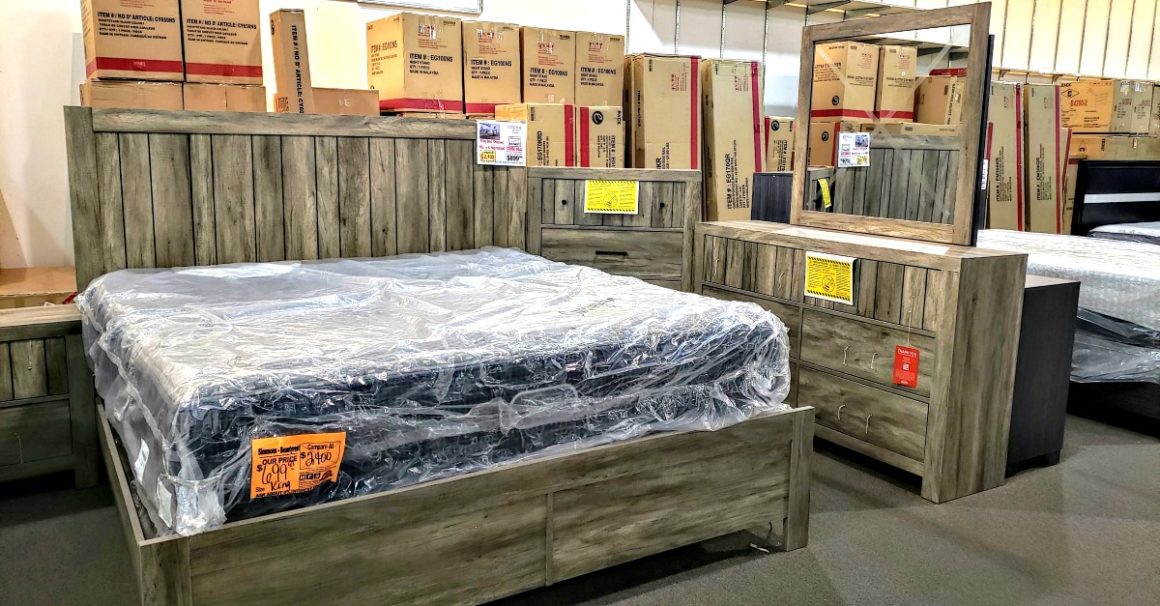If your kitchen sink is not draining, the first thing you should try is using a plunger. This simple tool can often unclog a sink by creating suction and pushing the blockage through the pipes. To use a plunger, fill the sink with enough water to cover the rubber part of the plunger. Place the plunger over the drain and push down firmly, then pull up quickly to create suction. Repeat this motion several times until the water starts to drain. If this method doesn't work, move on to the next solution.1. Plunger
If the plunger doesn't do the trick, it's time to try a drain snake. This tool is essentially a long, flexible wire with a spiral end that can be inserted into the drain and twisted to remove any blockages. You can purchase a drain snake at most hardware stores, or you can make your own using a wire hanger. Simply straighten out the hanger and bend one end into a hook. Insert the hook end into the drain and twist it around to catch any debris. Pull the snake out and dispose of any clogs that come with it.2. Drain Snake
A natural and effective way to unclog a kitchen sink is to use a combination of baking soda and vinegar. Start by pouring a pot of boiling water down the drain to loosen up any debris. Then, pour half a cup of baking soda down the drain, followed by half a cup of vinegar. The mixture will fizz and bubble, which helps to break up any clogs. Let it sit for 10-15 minutes, then pour another pot of boiling water down the drain. This method can be repeated if necessary.3. Baking Soda and Vinegar
If you're dealing with a minor clog, sometimes all it takes is a pot of boiling water to clear it out. This method is best for clogs caused by grease or oil build-up. Boil a large pot of water and carefully pour it down the drain in stages. The hot water will help to melt and flush away any grease or oil that may be causing the blockage. You can also add a few drops of dish soap to the boiling water for added grease-fighting power.4. Boiling Water
If a regular drain snake isn't strong enough to clear your kitchen sink, you may need to use a plumber's snake. This heavy-duty tool is longer and more powerful, making it ideal for tougher clogs. It works in the same way as a regular drain snake, but it can reach deeper into the pipes to remove stubborn blockages. You can purchase a plumber's snake at most hardware stores, or you can hire a professional plumber to use one for you.5. Plumber's Snake
Another simple and effective method to unclog a kitchen sink is to use dish soap and hot water. Squirt a generous amount of dish soap down the drain, followed by a pot of boiling water. The soap will help to break up any grease or food particles, while the hot water will flush them away. This method is best for minor clogs and can be repeated if necessary.6. Dish Soap and Hot Water
A wet/dry vacuum can be a handy tool for unclogging a kitchen sink. Simply set the vacuum to the wet setting and place the hose over the drain. Turn on the vacuum and it will create suction that can help to remove blockages. You can also try using the vacuum to blow air down the drain to dislodge any clogs. This method is best for minor clogs and may not be effective for larger blockages.7. Wet/Dry Vacuum
If you prefer to use a chemical drain cleaner, opt for an enzyme-based product. These cleaners use natural enzymes to break down and dissolve clogs without causing harm to your pipes. Follow the instructions on the product carefully and give it time to work. These cleaners may take longer to unclog a drain, but they are a safer option for your pipes.8. Enzyme Drain Cleaner
If you don't have a drain snake on hand, you can use a bent wire hanger to remove clogs from your kitchen sink. Simply straighten out the hanger and bend one end into a hook. Insert the hook end into the drain and twist it around to catch any debris. Pull the hanger out and dispose of any clogs that come with it. This method is best for minor clogs and may not be effective for larger blockages.9. Bent Wire Hanger
For a more powerful solution, you can try using a combination of hydrogen peroxide and baking soda to unclog a kitchen sink. Mix half a cup of baking soda with half a cup of hydrogen peroxide and pour it down the drain. Let it sit for 30 minutes, then flush it out with a pot of boiling water. The mixture will foam and fizz, helping to break up and dissolve any clogs. This method may need to be repeated for tougher clogs. Don't let a clogged kitchen sink ruin your day. With these 10 solutions, you can unclog your sink and get back to your daily routine in no time. Remember, prevention is key, so be sure to regularly clean out your sink and avoid pouring grease and food scraps down the drain. If these methods don't work, it may be time to call a professional plumber to take a look at your pipes.10. Hydrogen Peroxide and Baking Soda
Kitchen Sink Not Draining? Here's What You Need to Know

The Frustration of a Kitchen Sink That Won't Drain
 We've all been there – standing in front of the kitchen sink, trying to wash the dishes or rinse some vegetables, only to find that the water is not draining at all. It's a frustrating and inconvenient situation that can put a damper on your daily routine. But what if your sink is not clogged? What could be causing the issue? Let's explore some possible reasons for a kitchen sink that won't drain but is not clogged.
We've all been there – standing in front of the kitchen sink, trying to wash the dishes or rinse some vegetables, only to find that the water is not draining at all. It's a frustrating and inconvenient situation that can put a damper on your daily routine. But what if your sink is not clogged? What could be causing the issue? Let's explore some possible reasons for a kitchen sink that won't drain but is not clogged.
Check the Drain Pipe
 The first thing you should check when your kitchen sink is not draining is the drain pipe. This is the pipe that connects your sink to the main drain line in your home. Over time, this pipe can become clogged with food scraps, grease, and other debris, which can prevent water from flowing freely. To check the drain pipe, you can use a plunger or a drain snake to remove any blockages. If this doesn't solve the issue, you may need to call a professional plumber to clean the pipe thoroughly.
The first thing you should check when your kitchen sink is not draining is the drain pipe. This is the pipe that connects your sink to the main drain line in your home. Over time, this pipe can become clogged with food scraps, grease, and other debris, which can prevent water from flowing freely. To check the drain pipe, you can use a plunger or a drain snake to remove any blockages. If this doesn't solve the issue, you may need to call a professional plumber to clean the pipe thoroughly.
Inspect the Garbage Disposal
 If your kitchen sink has a garbage disposal, it could be the culprit behind the drainage problem. Sometimes, food particles can get stuck in the blades or impeller, causing it to malfunction and prevent water from draining properly. If you suspect that the garbage disposal is the issue, turn off the power and use a flashlight to look inside. You can use tongs or a long-handled spoon to remove any visible debris. If the problem persists, it's best to call a professional for assistance.
Remember:
Never put your hand inside the garbage disposal, even when it's turned off.
If your kitchen sink has a garbage disposal, it could be the culprit behind the drainage problem. Sometimes, food particles can get stuck in the blades or impeller, causing it to malfunction and prevent water from draining properly. If you suspect that the garbage disposal is the issue, turn off the power and use a flashlight to look inside. You can use tongs or a long-handled spoon to remove any visible debris. If the problem persists, it's best to call a professional for assistance.
Remember:
Never put your hand inside the garbage disposal, even when it's turned off.
Check the Ventilation System
 Another reason for a kitchen sink that won't drain could be a problem with the ventilation system. The vent allows air to escape from the drain pipes, preventing them from becoming clogged with water. If the vent is blocked or damaged, it can cause water to back up in the sink. You can check the vent on your roof or the exterior of your home to see if it's clogged with debris or if there are any visible damages. If you're unsure, it's best to call a professional plumber for an inspection.
Another reason for a kitchen sink that won't drain could be a problem with the ventilation system. The vent allows air to escape from the drain pipes, preventing them from becoming clogged with water. If the vent is blocked or damaged, it can cause water to back up in the sink. You can check the vent on your roof or the exterior of your home to see if it's clogged with debris or if there are any visible damages. If you're unsure, it's best to call a professional plumber for an inspection.
Consider a Professional Inspection
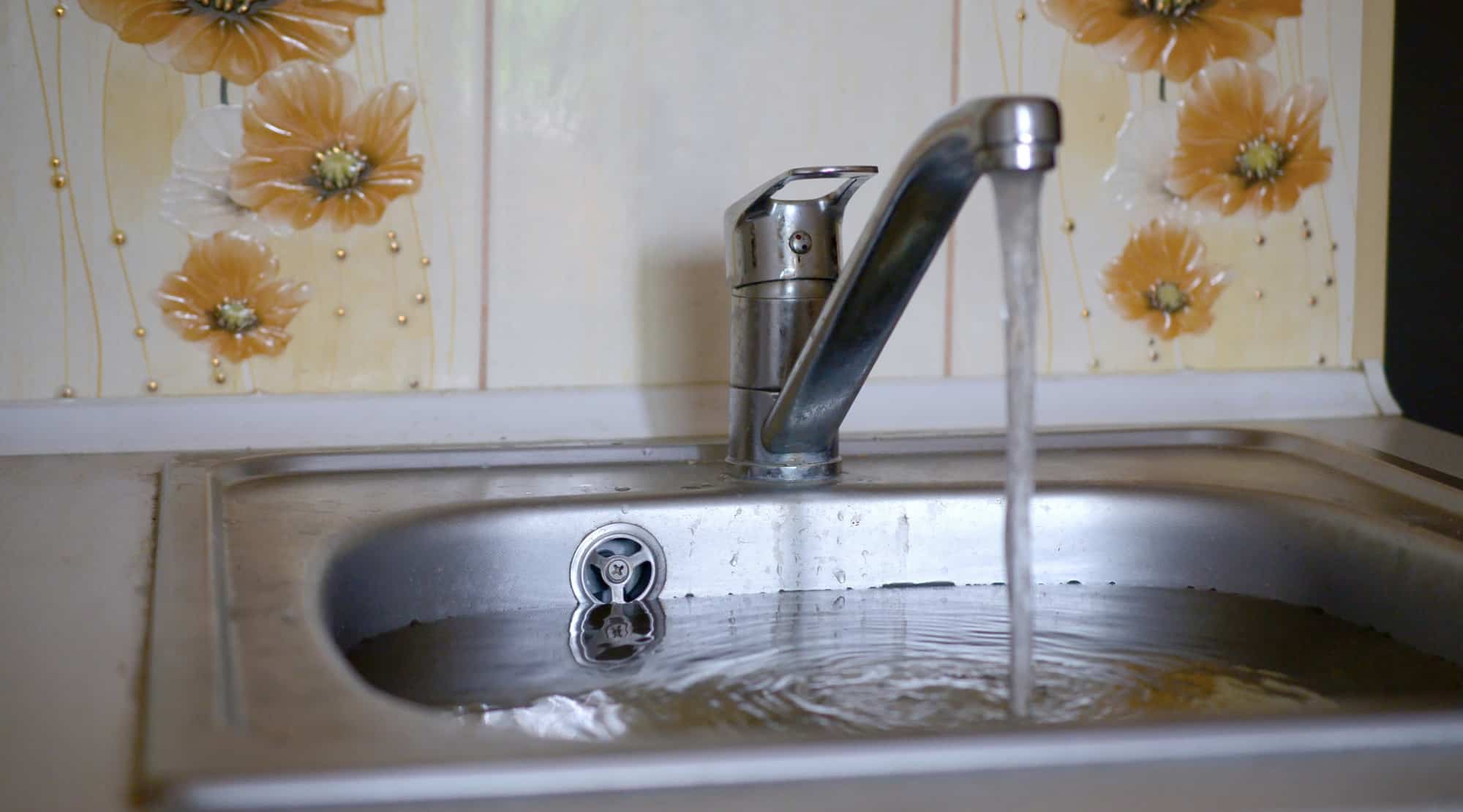 If all else fails, it may be time to call a professional plumber to inspect your kitchen sink. They have the tools and expertise to diagnose and fix any issues with your sink's drainage system. They can also provide preventative maintenance tips to avoid future problems. It's always better to address the issue sooner rather than later to prevent any further damage or inconvenience.
In conclusion,
a kitchen sink that won't drain but is not clogged can be a frustrating problem, but there are usually simple solutions to fix it. By checking the drain pipe, garbage disposal, ventilation system, and seeking professional help if needed, you can get your kitchen sink back to functioning properly in no time. Don't let a clogged sink hinder your daily routine – take action and get it resolved.
If all else fails, it may be time to call a professional plumber to inspect your kitchen sink. They have the tools and expertise to diagnose and fix any issues with your sink's drainage system. They can also provide preventative maintenance tips to avoid future problems. It's always better to address the issue sooner rather than later to prevent any further damage or inconvenience.
In conclusion,
a kitchen sink that won't drain but is not clogged can be a frustrating problem, but there are usually simple solutions to fix it. By checking the drain pipe, garbage disposal, ventilation system, and seeking professional help if needed, you can get your kitchen sink back to functioning properly in no time. Don't let a clogged sink hinder your daily routine – take action and get it resolved.



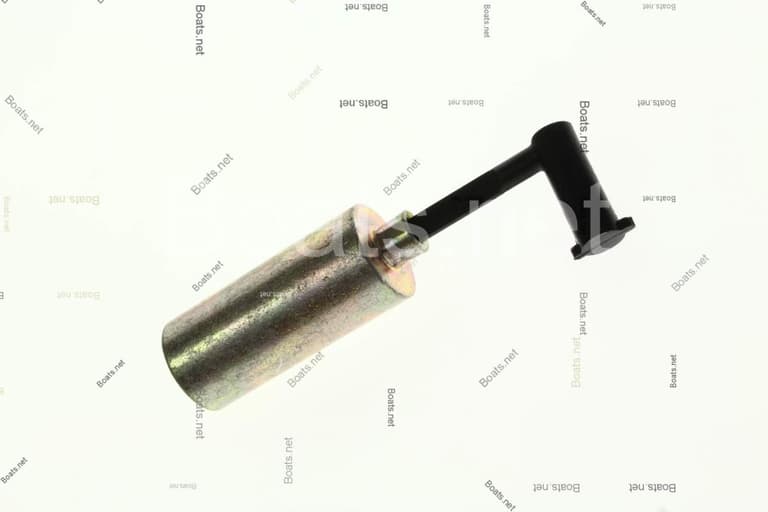
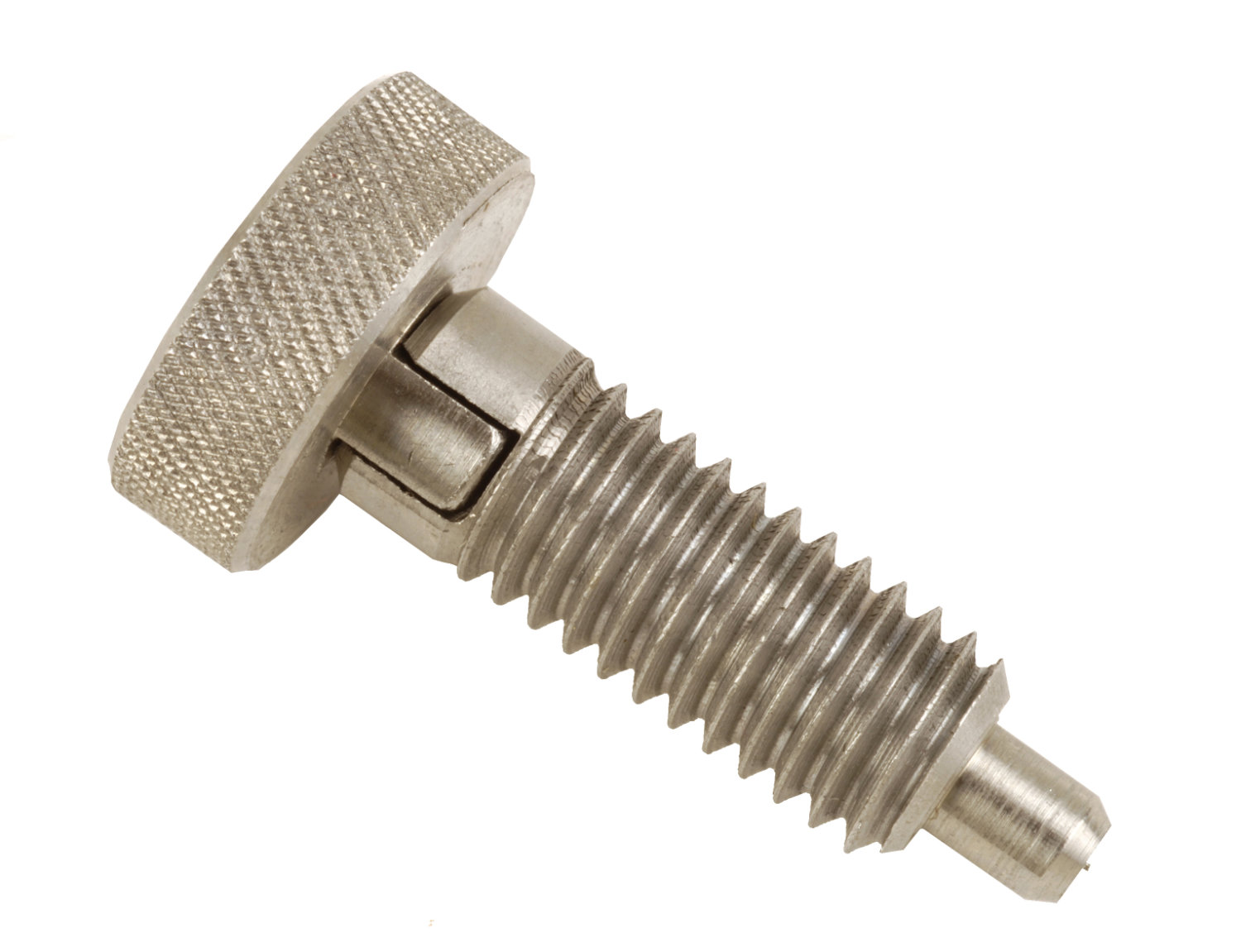


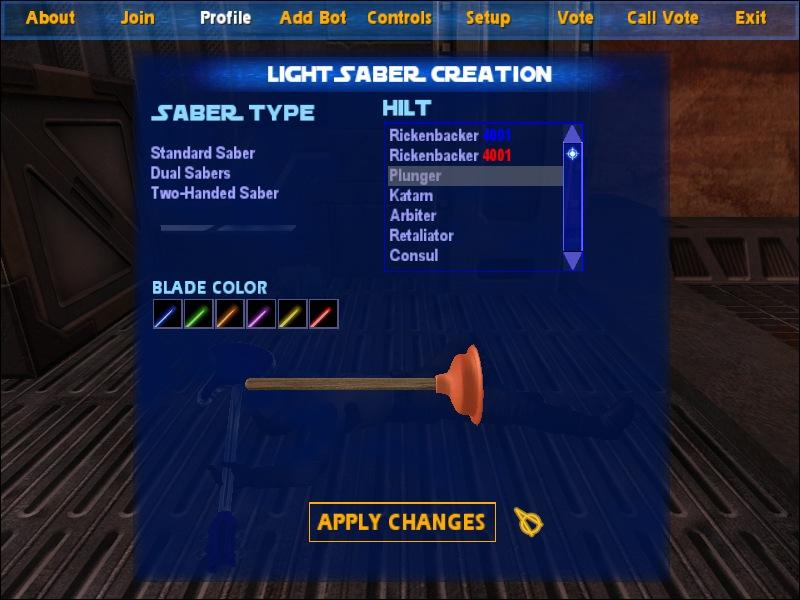
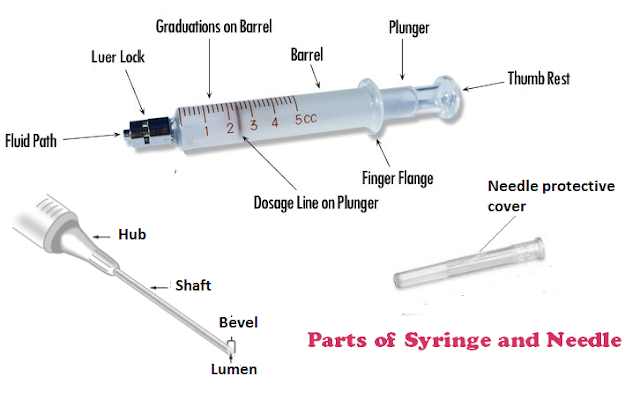


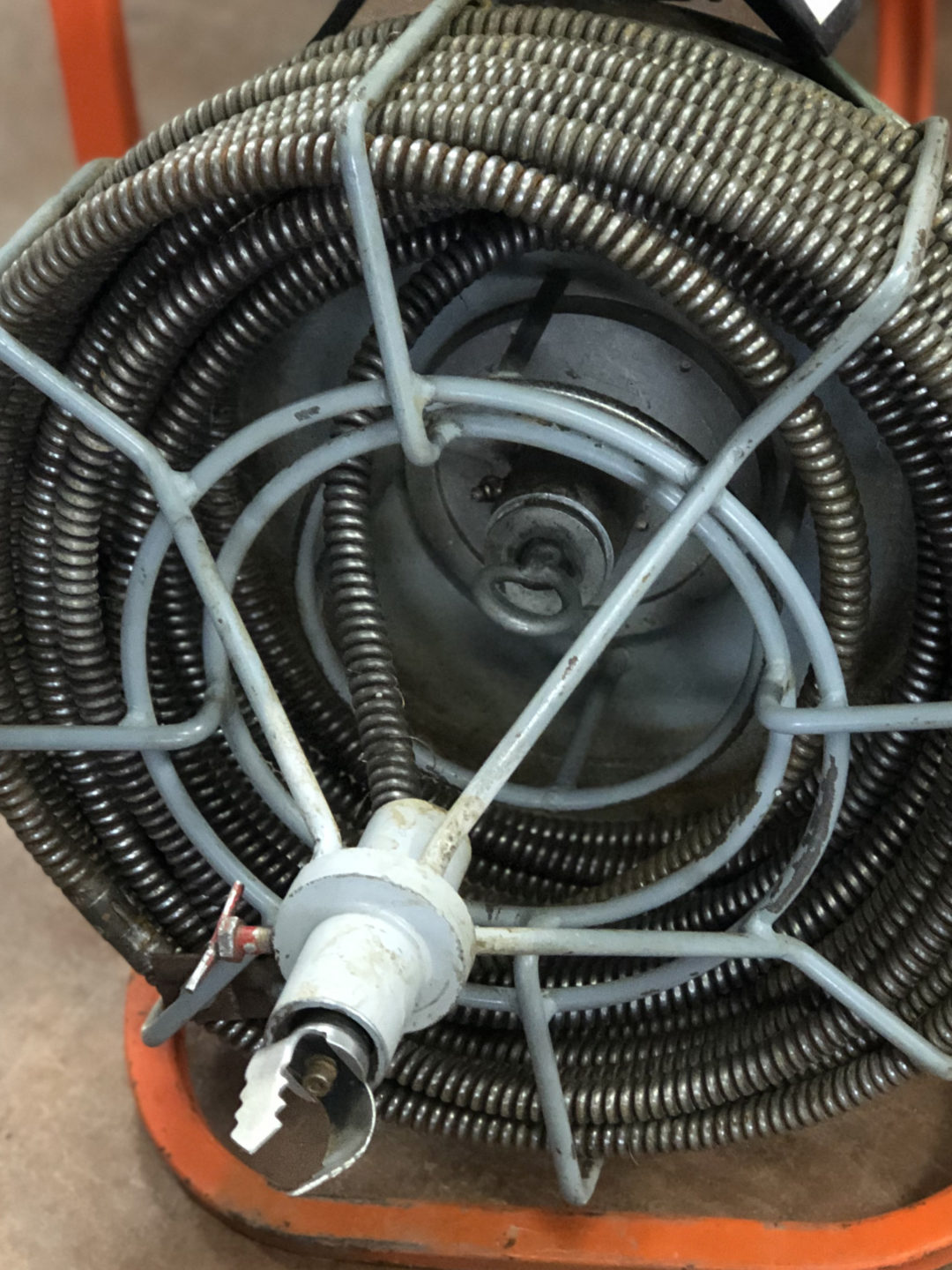
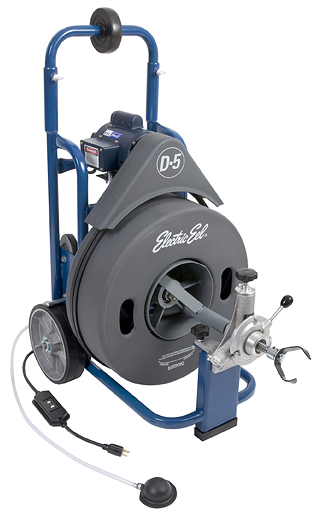
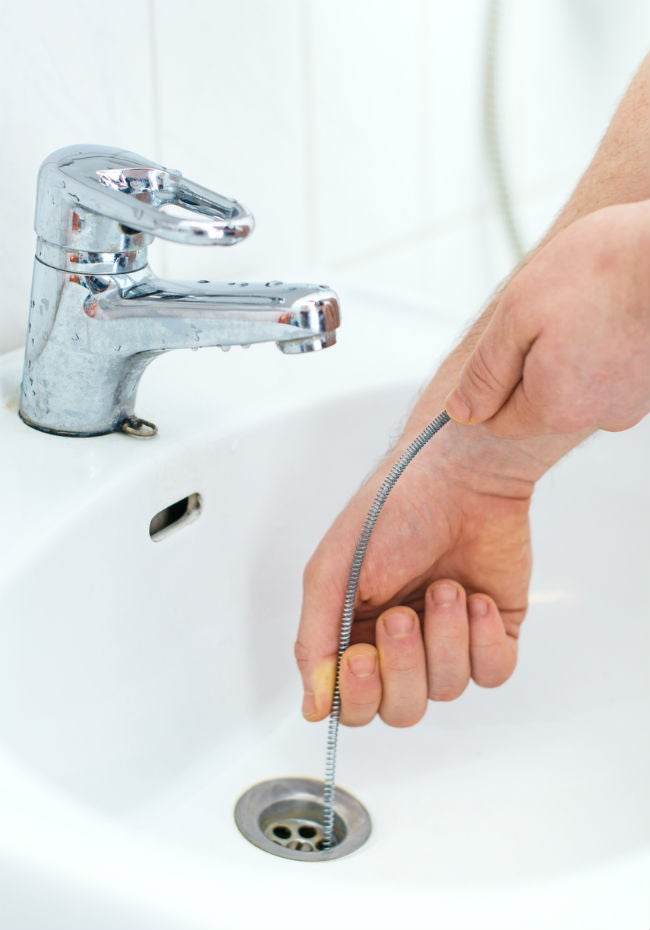
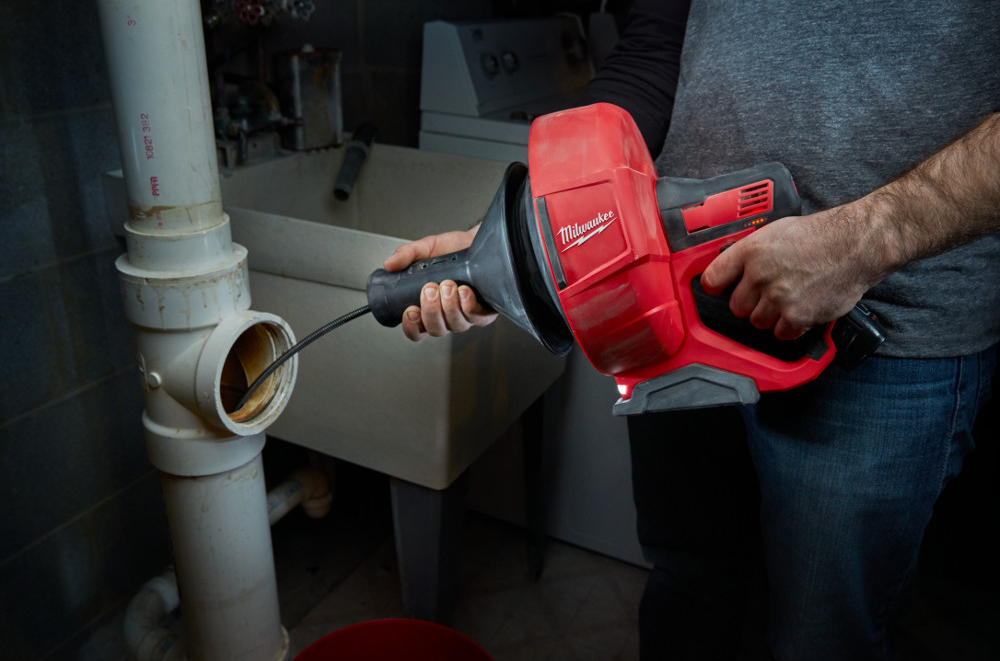


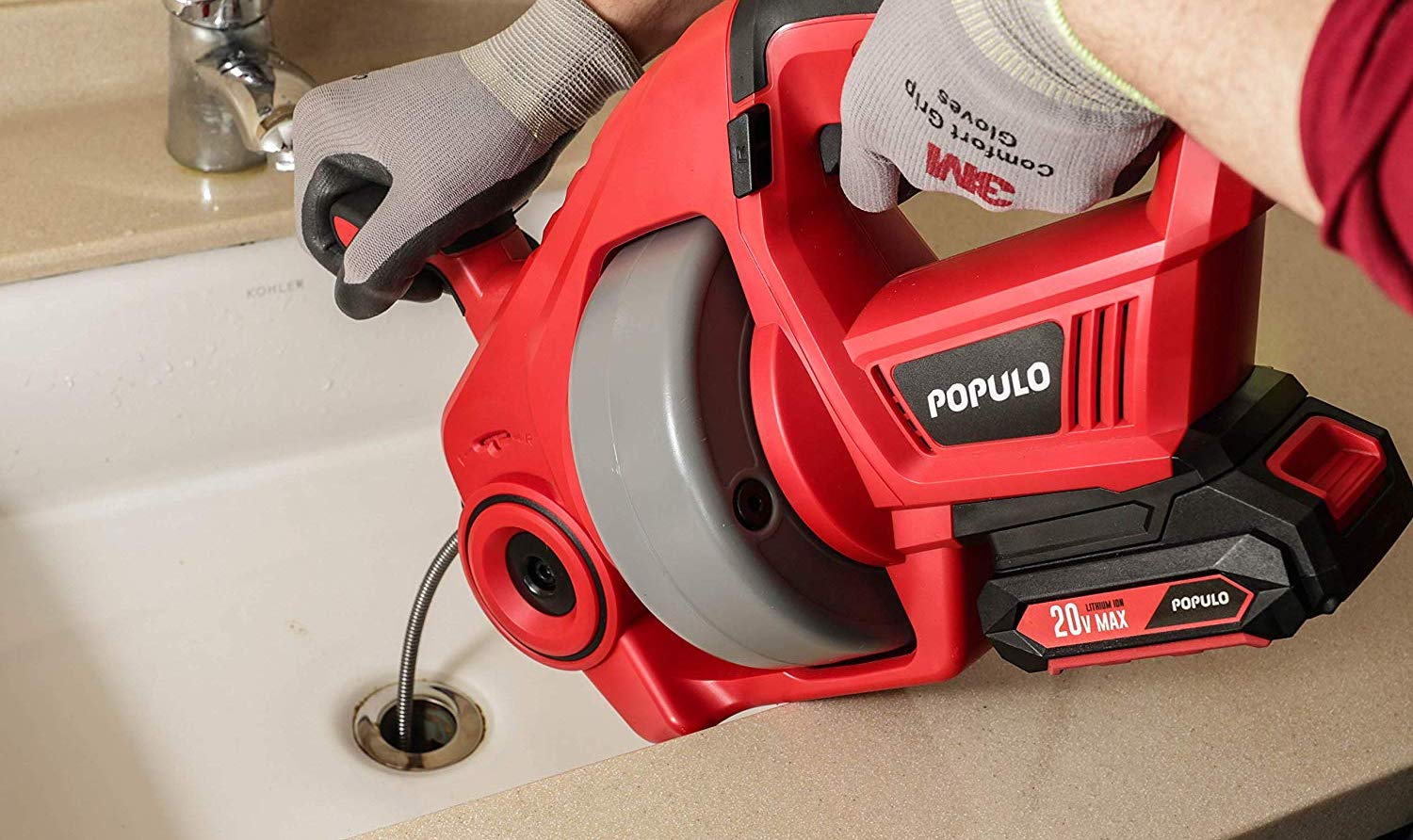
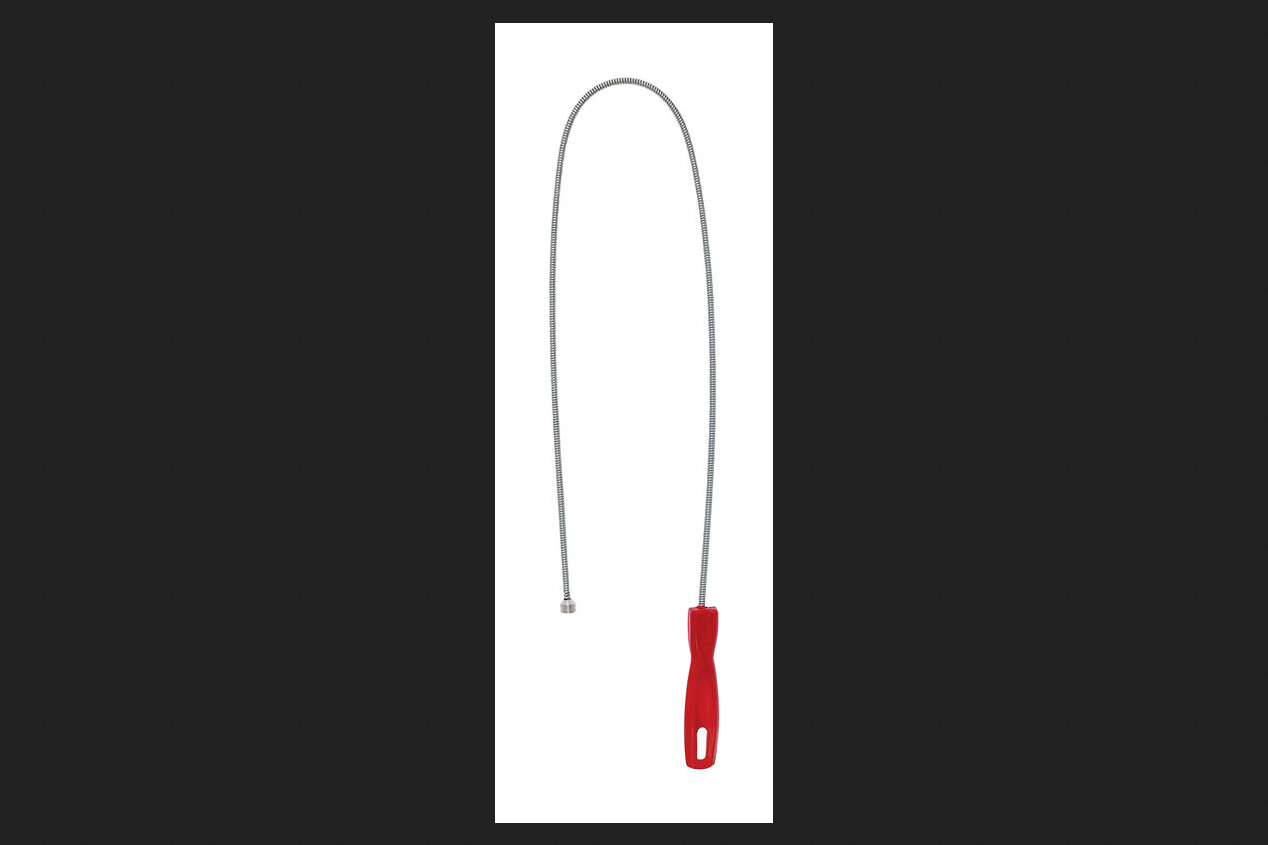
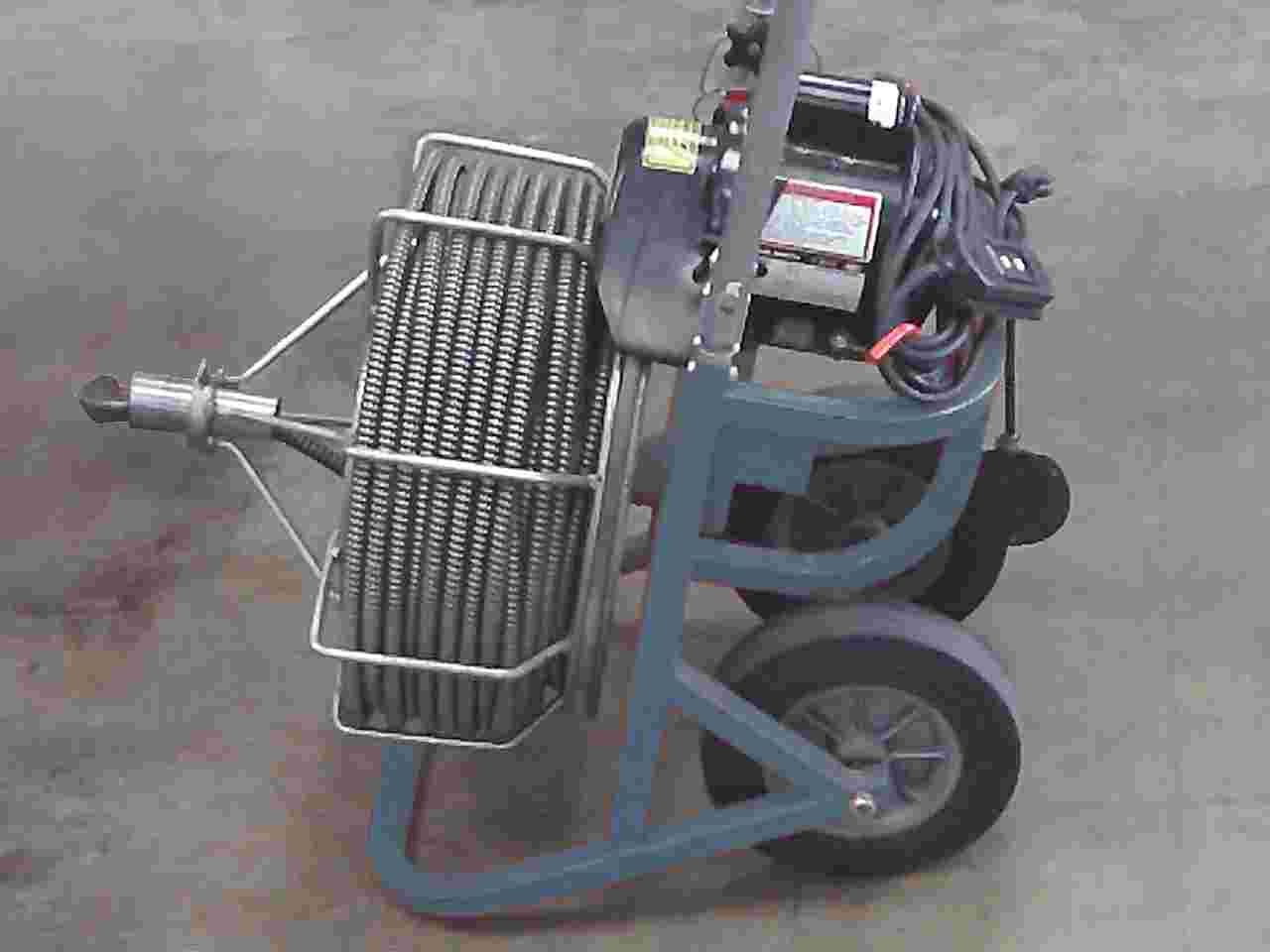






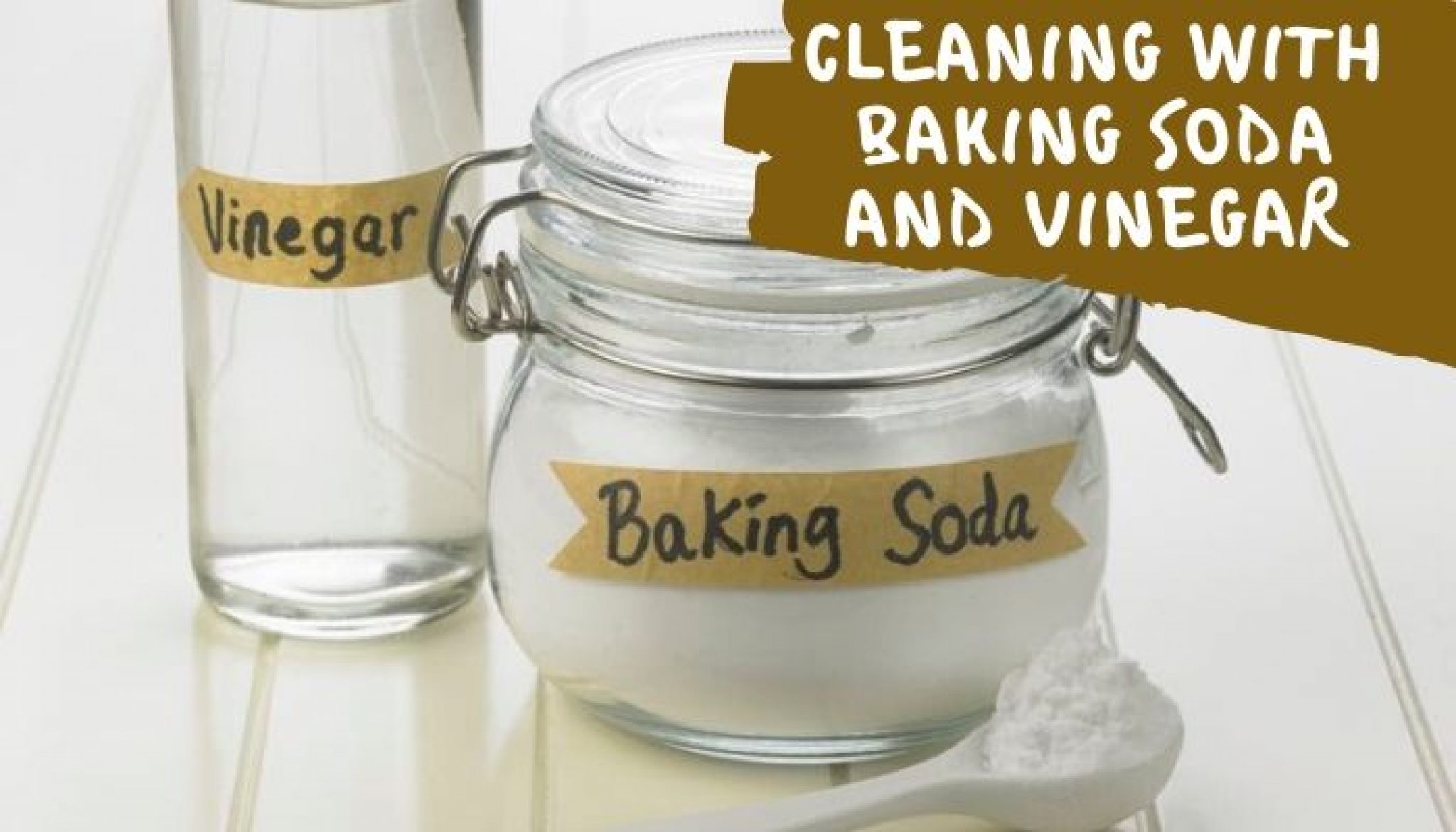


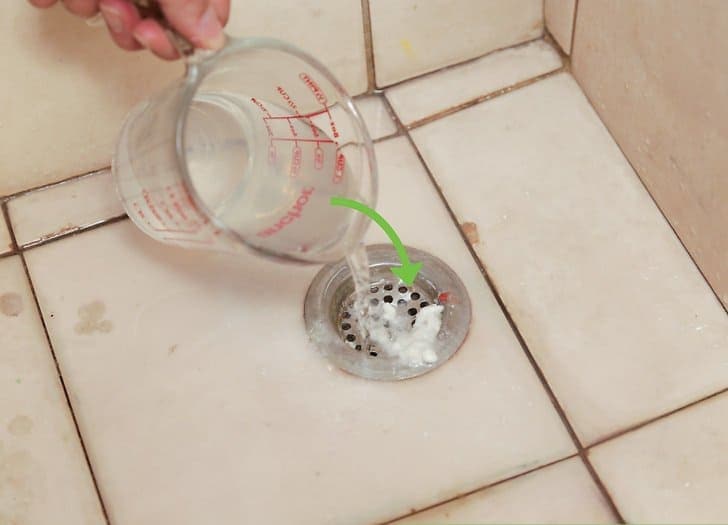







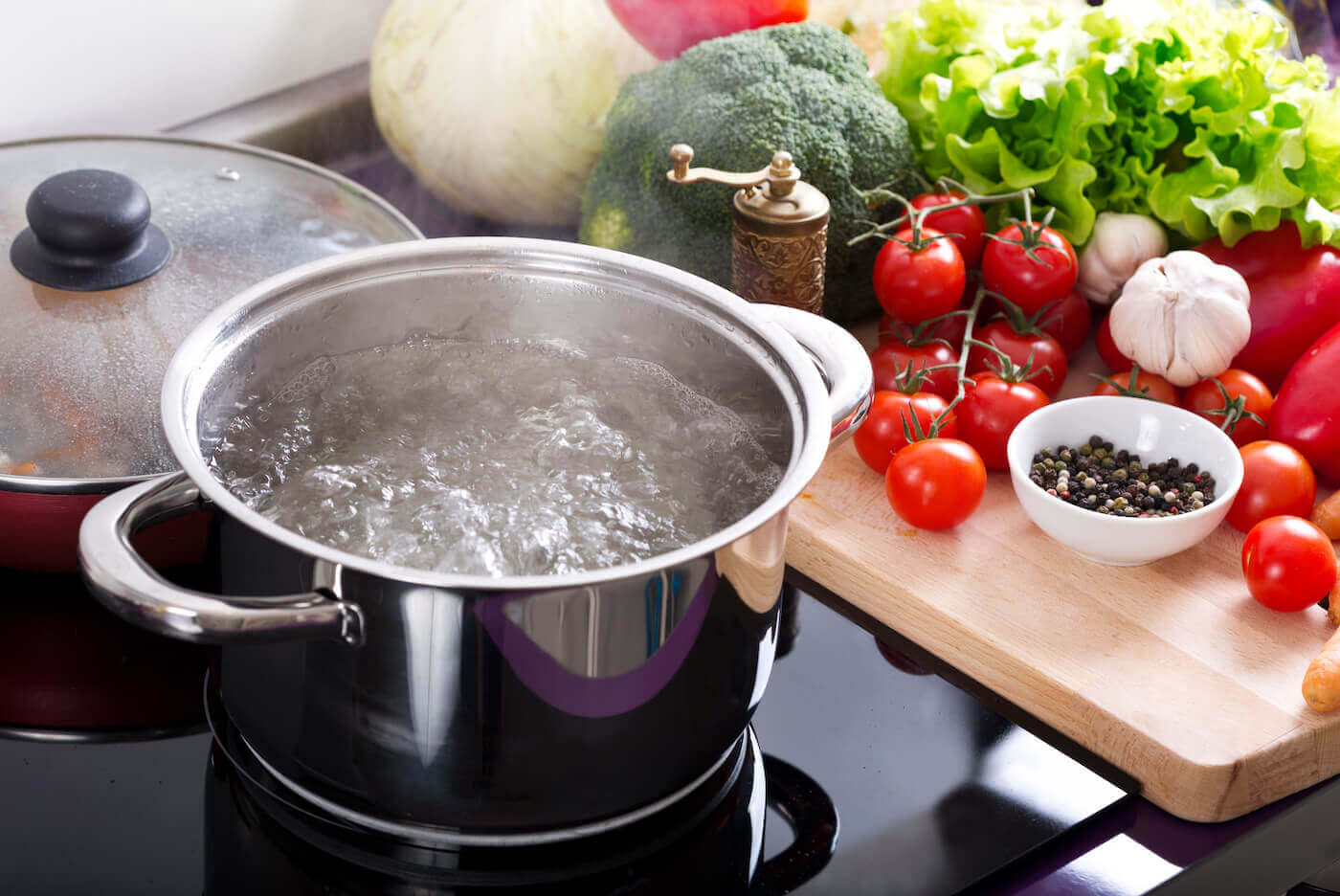
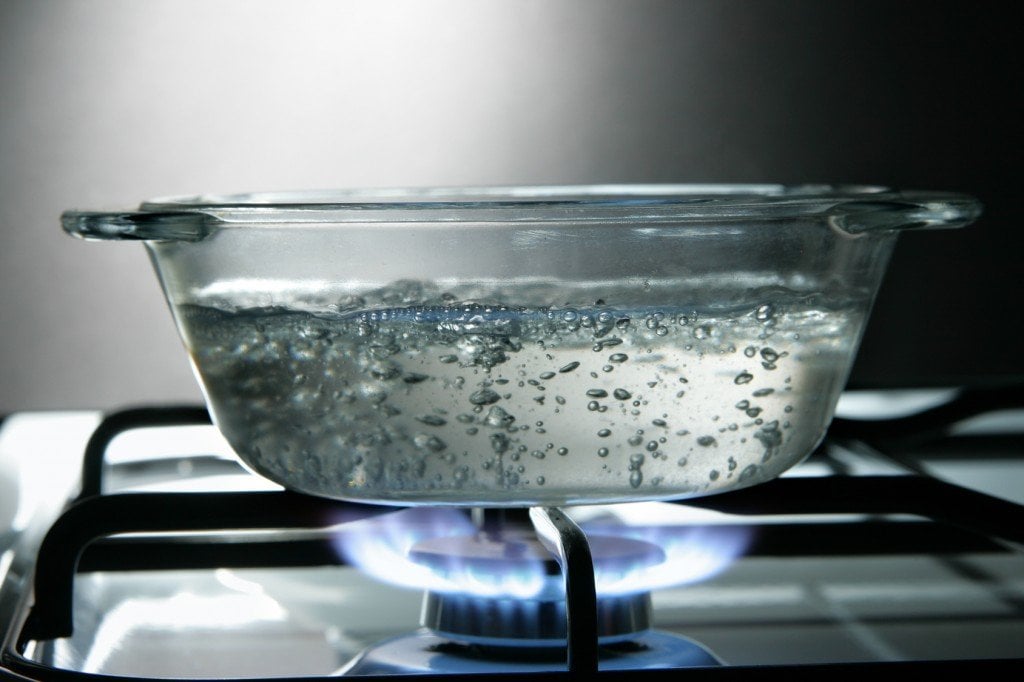

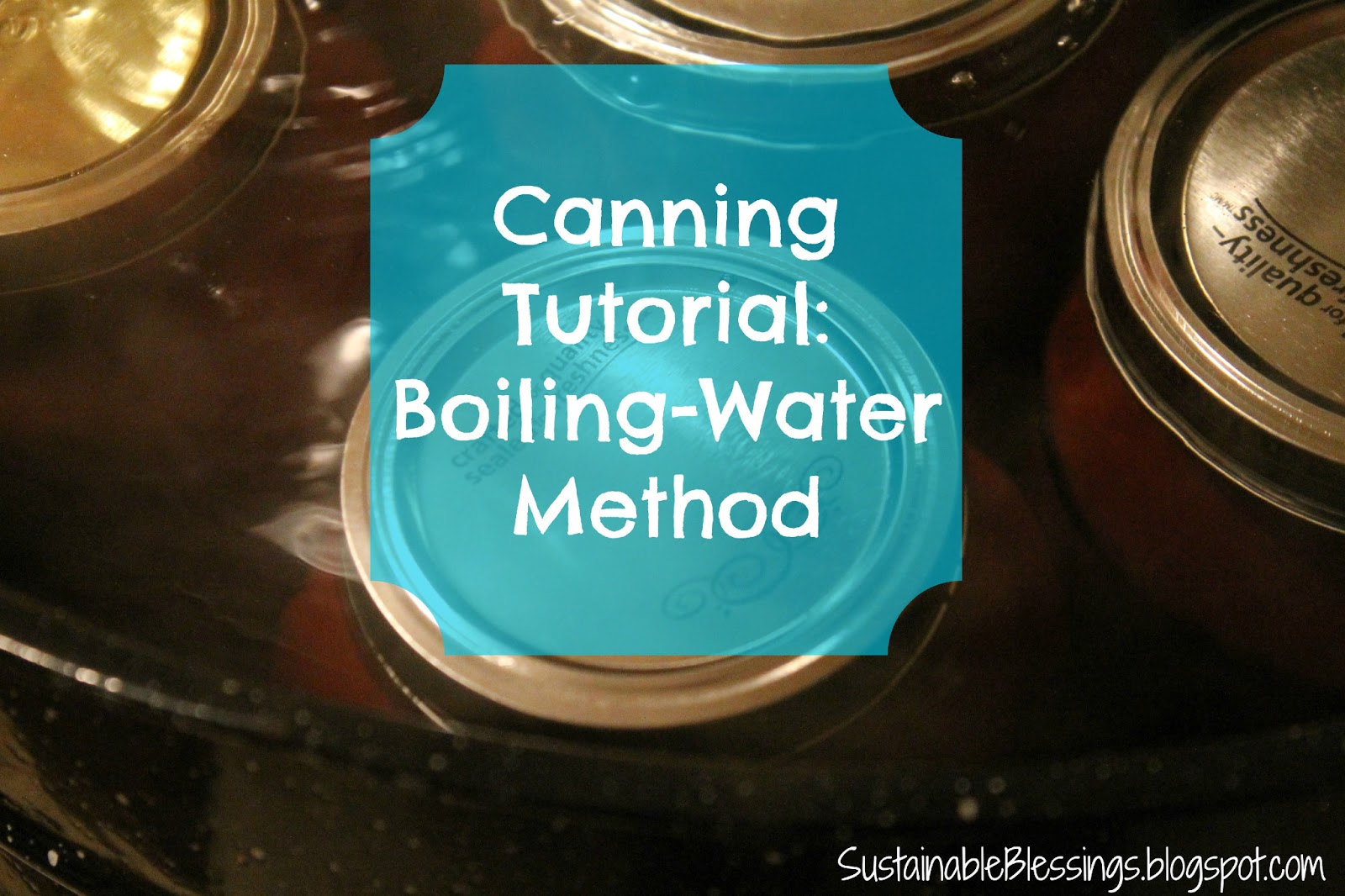

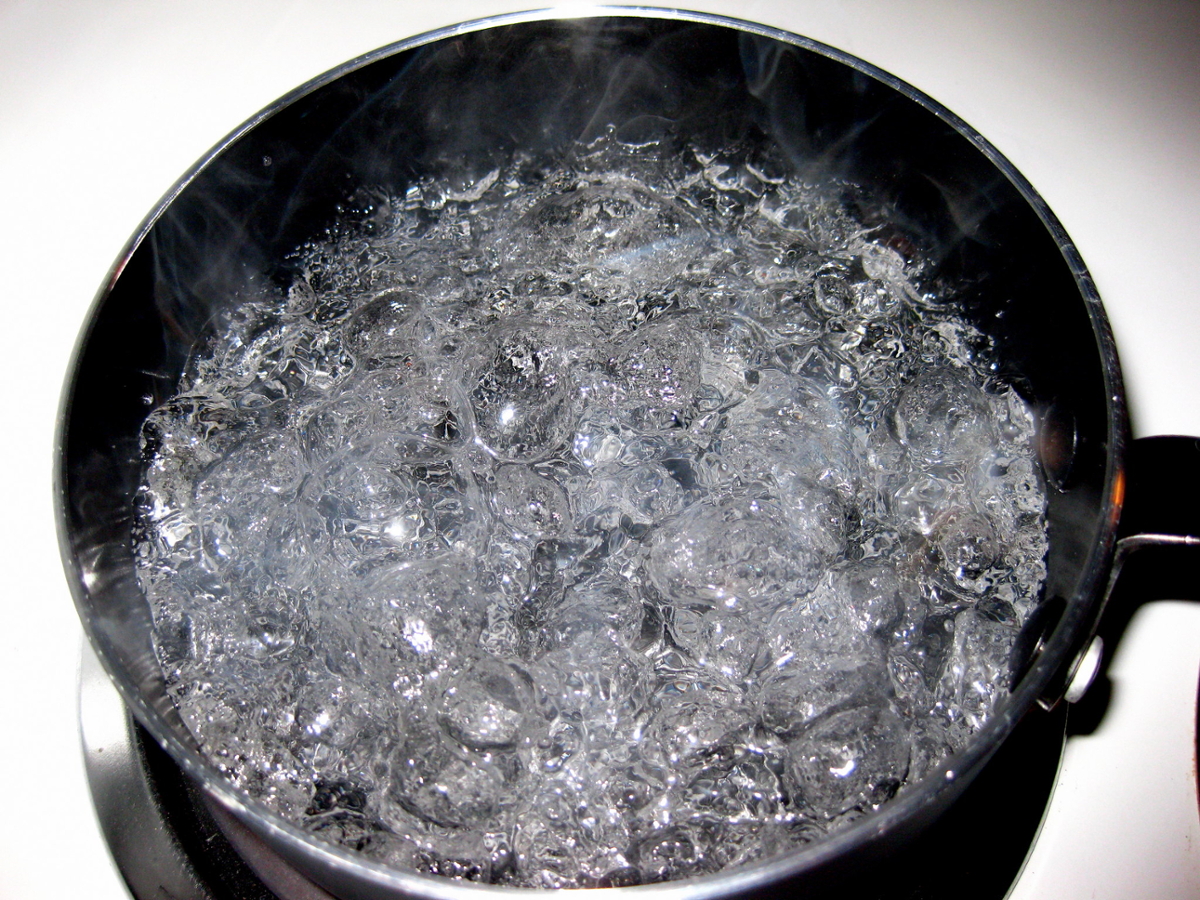
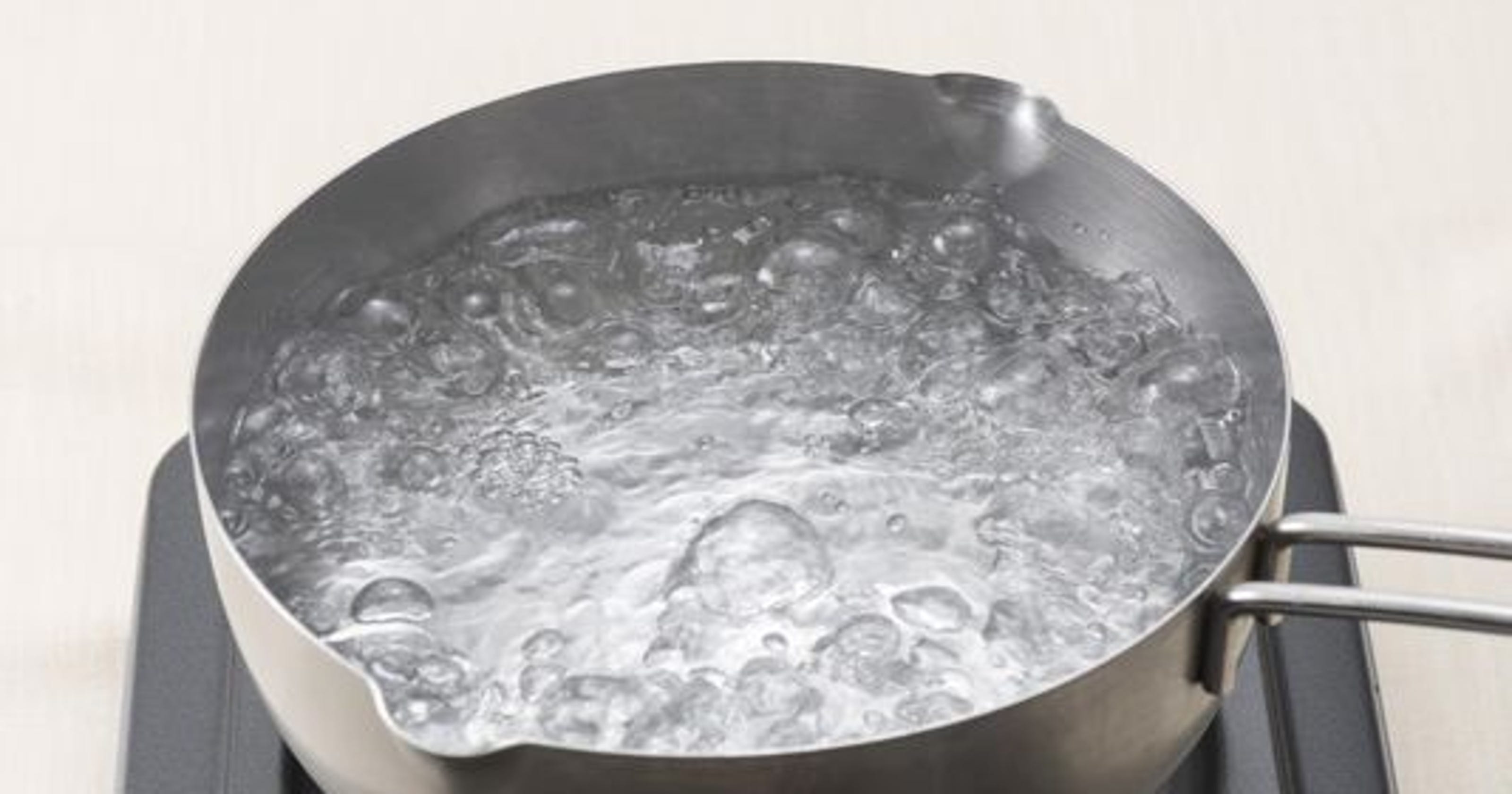



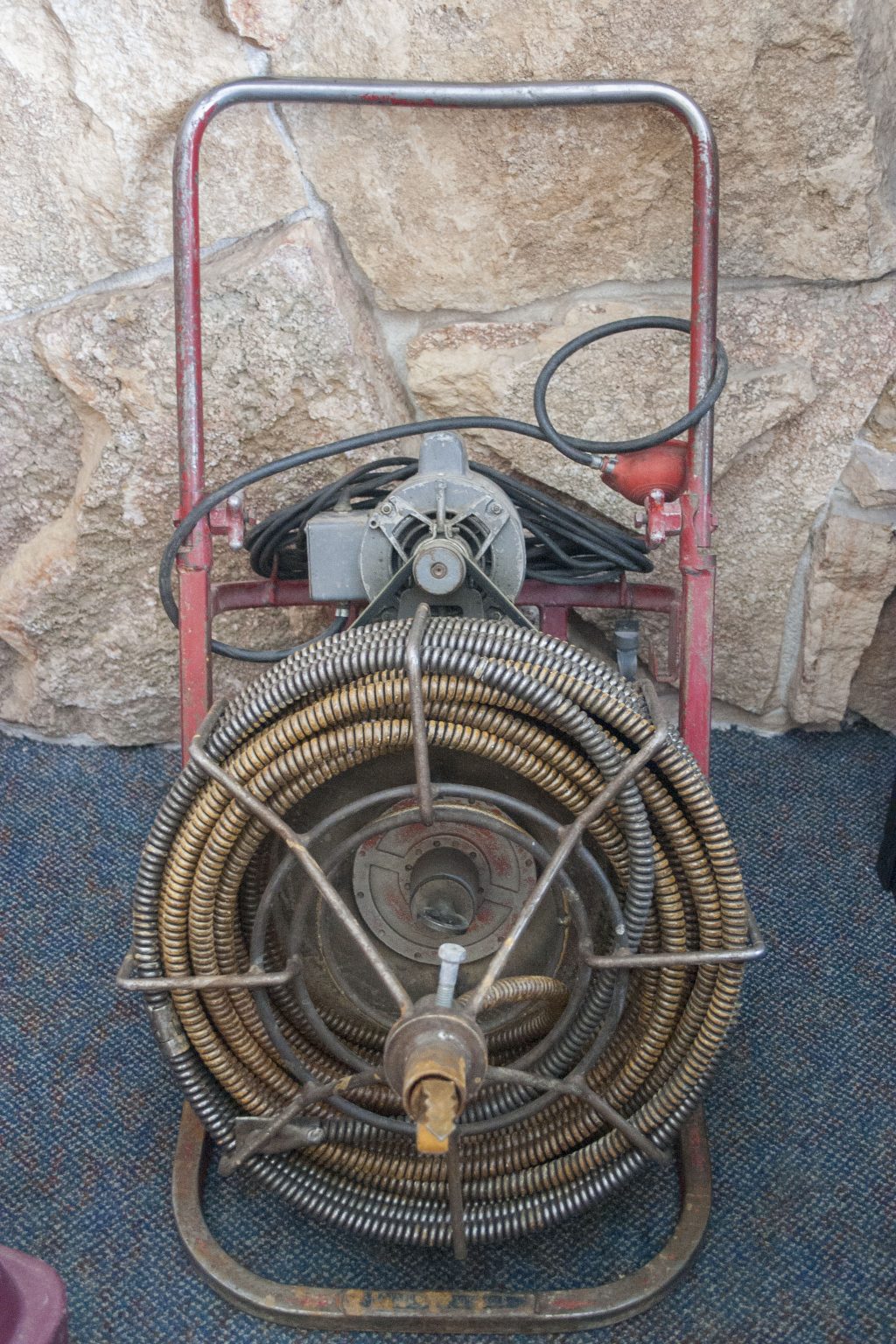


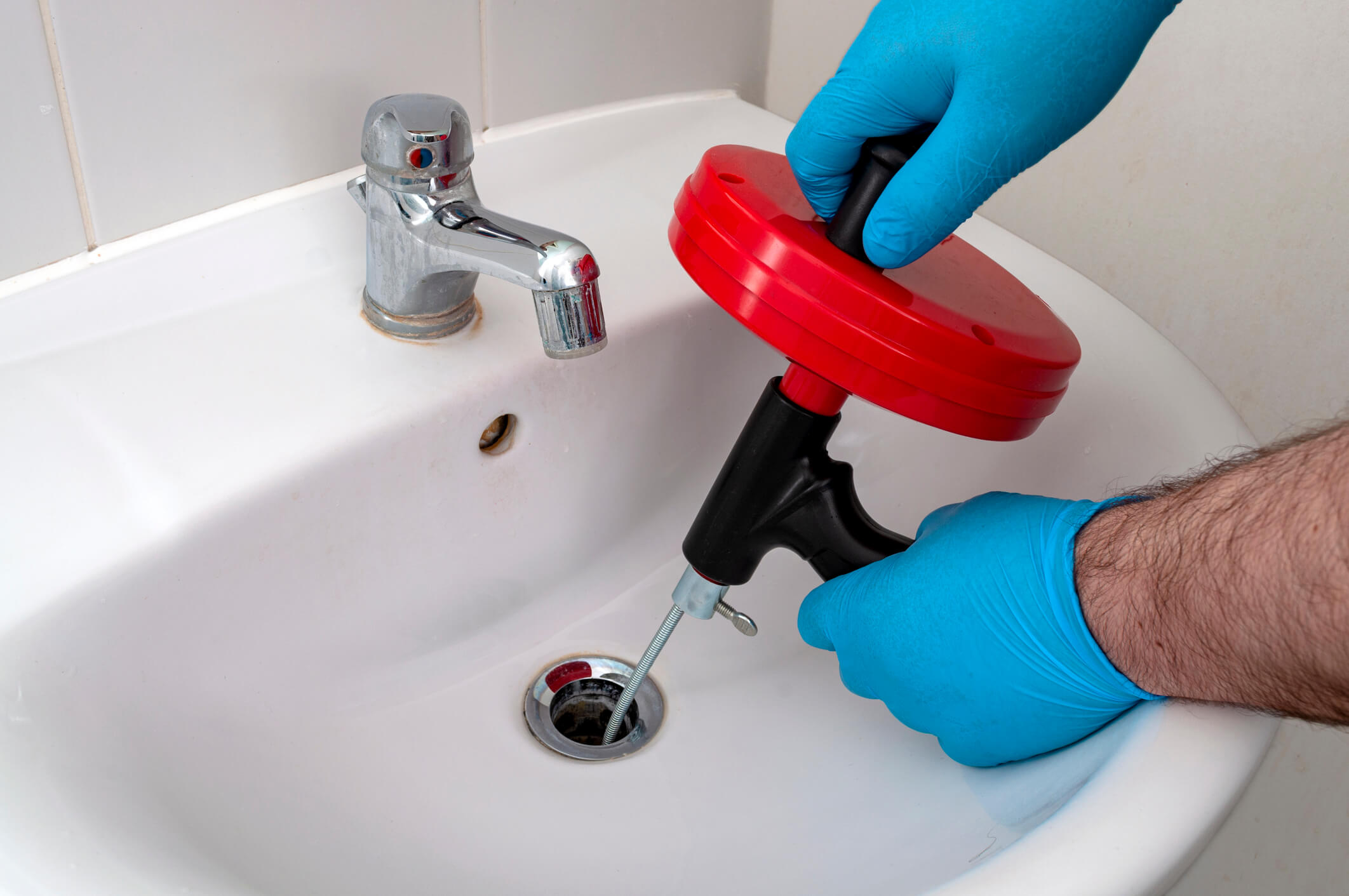

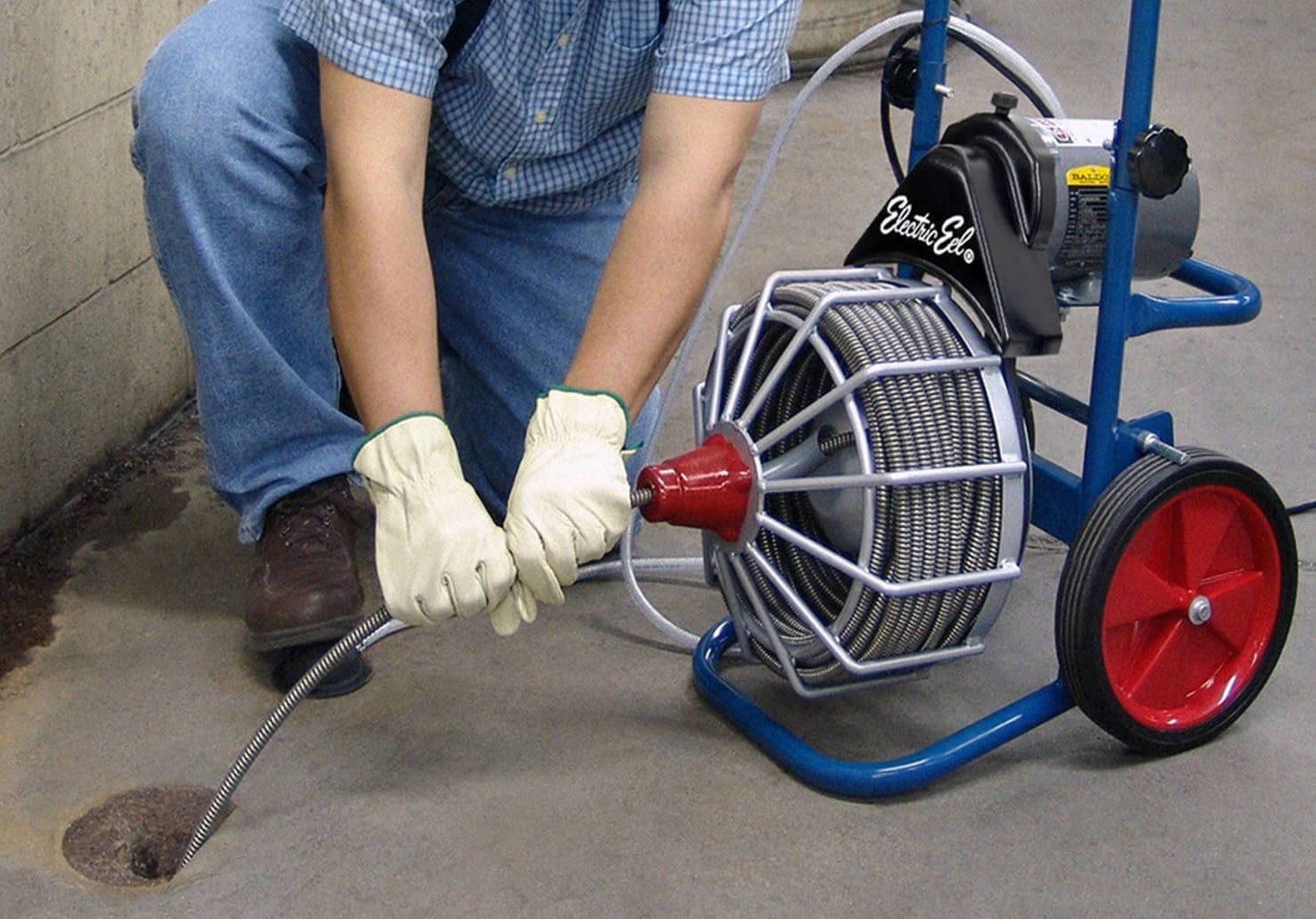



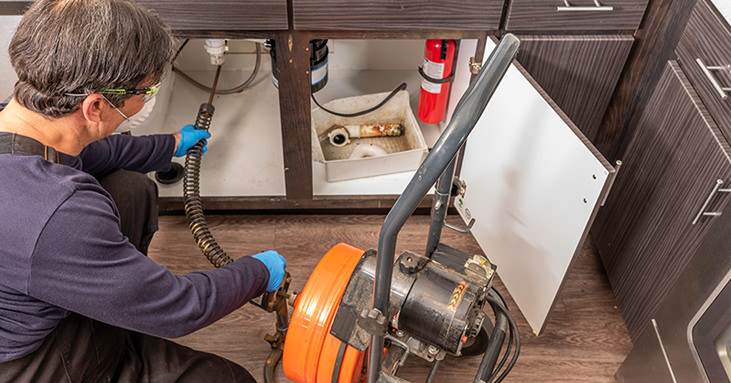



/GettyImages-80566571-5a1ca234aad52b00373338ff.jpg)
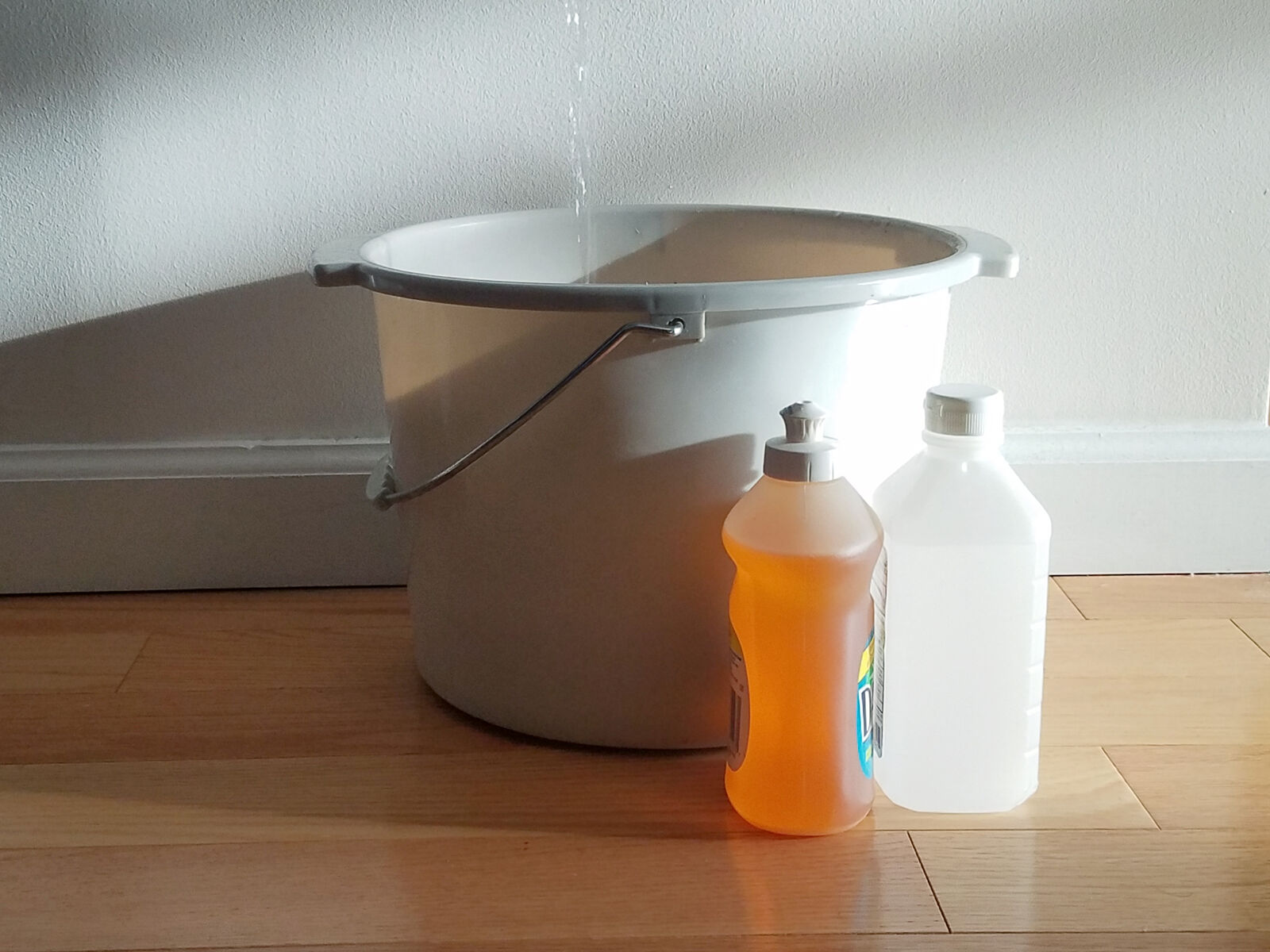


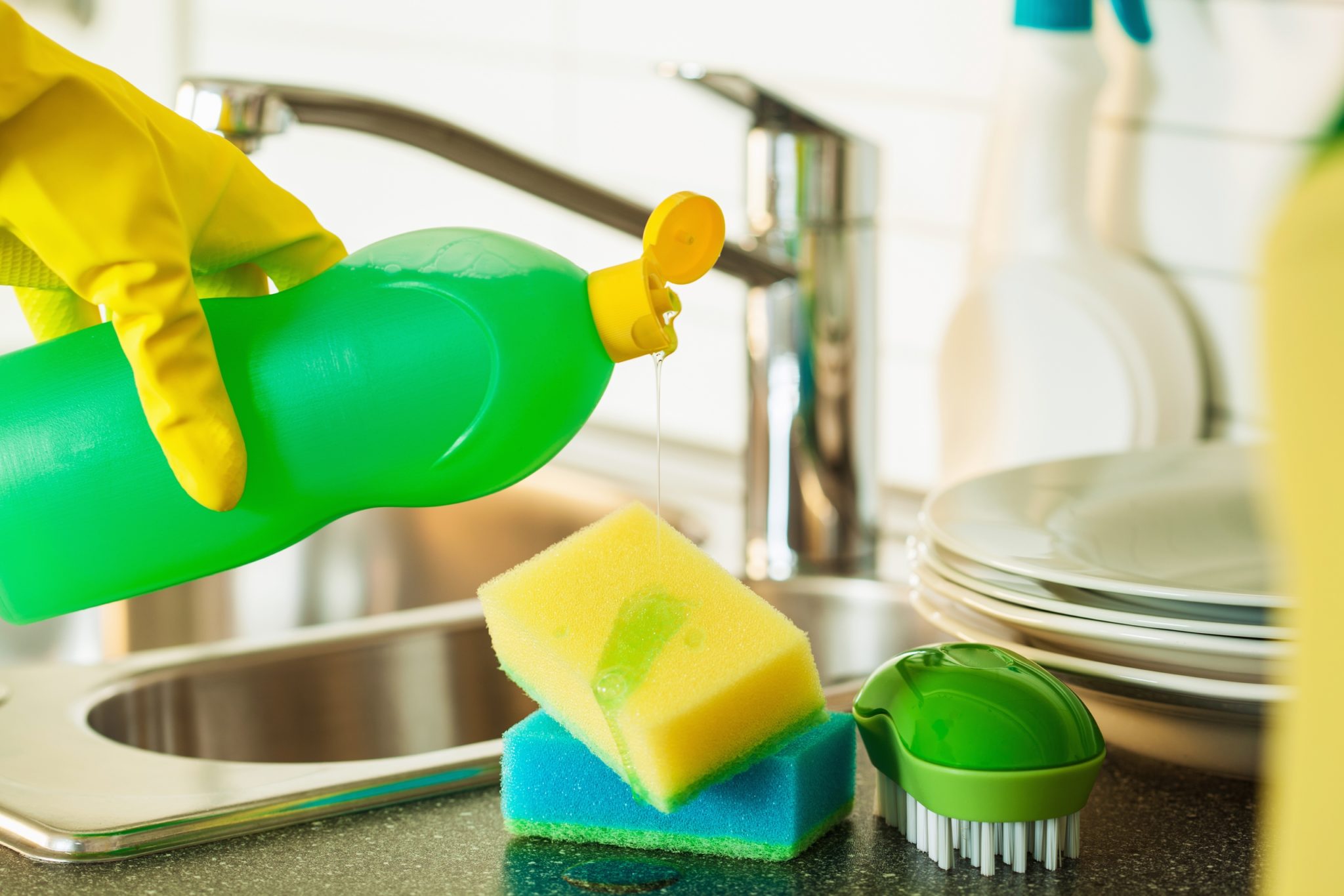

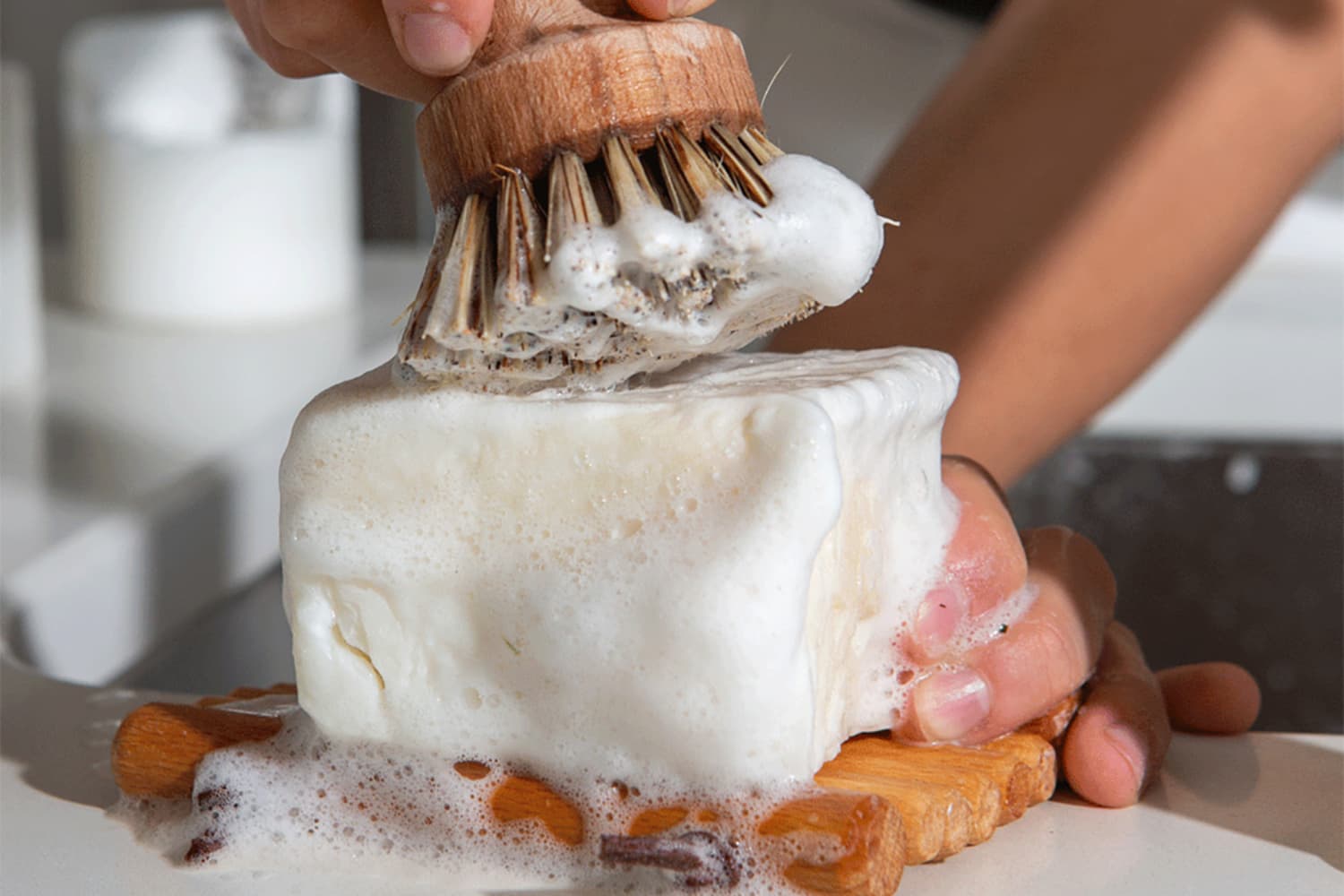
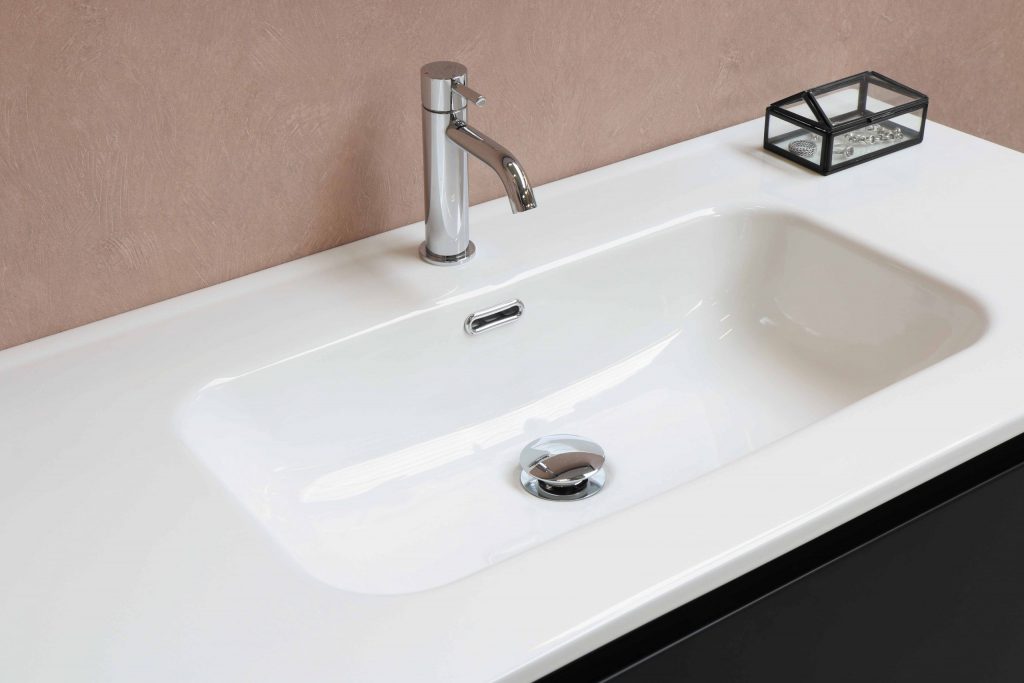



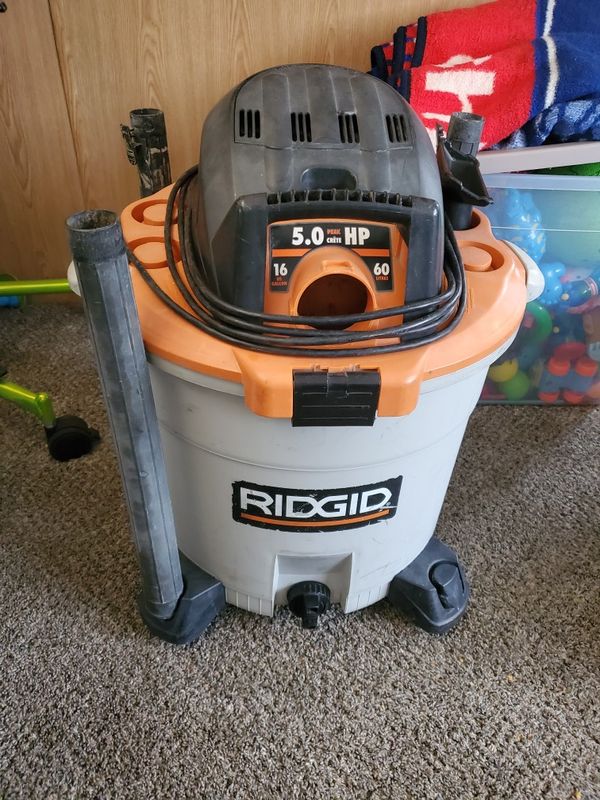
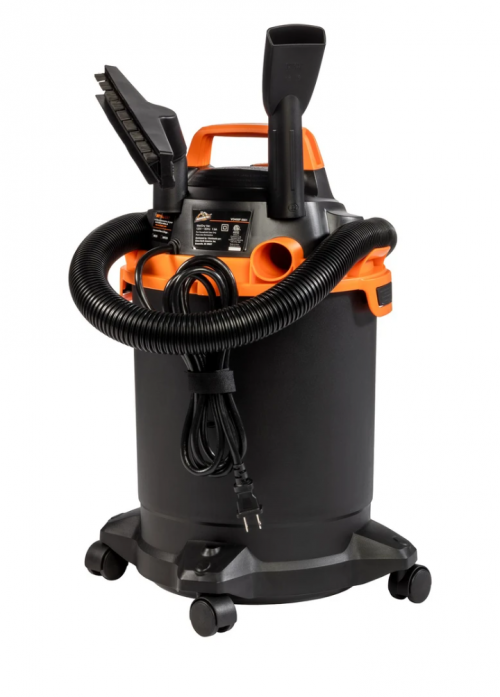

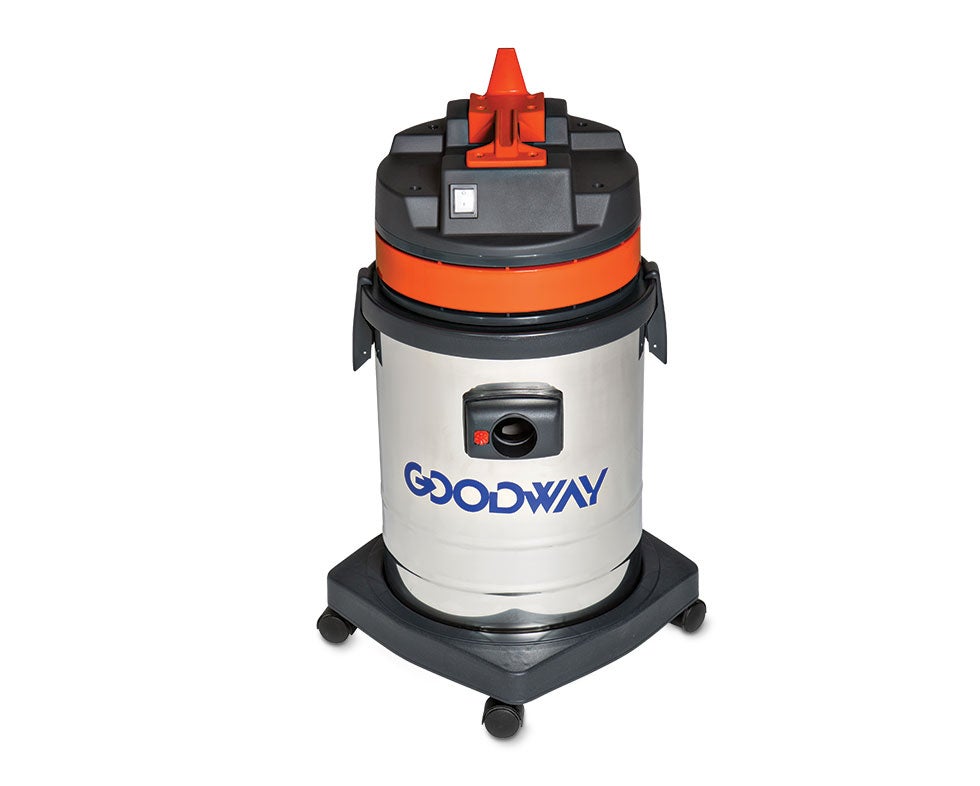
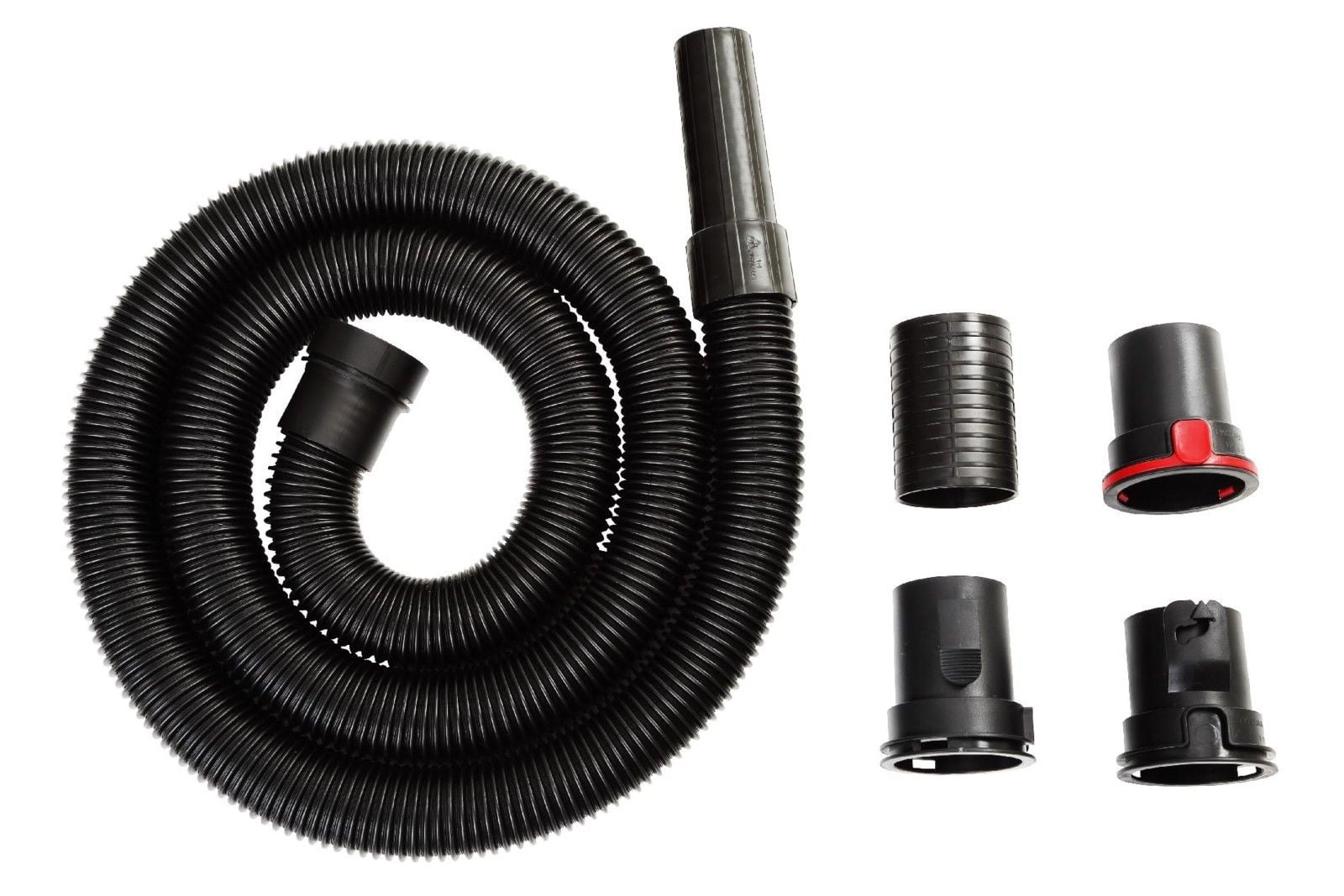




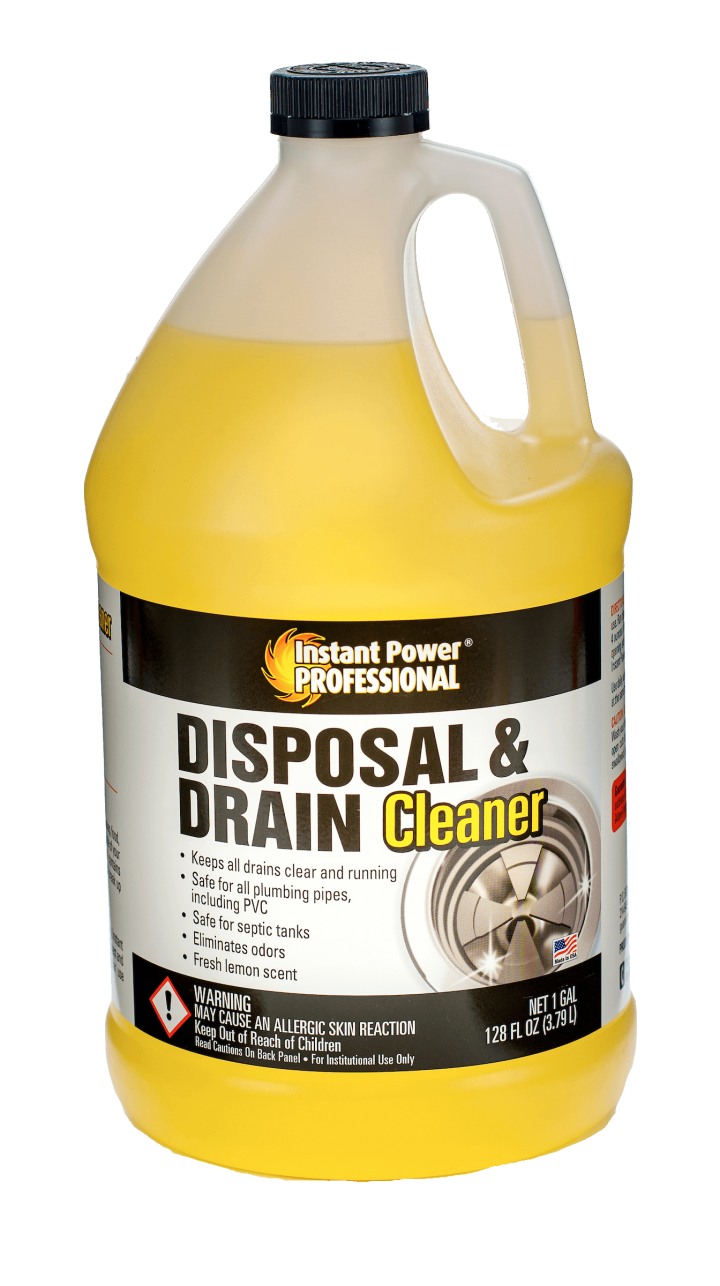



/GreenGobblerRefresh32oz-5bc63b0d4cedfd00266e4611.jpg)

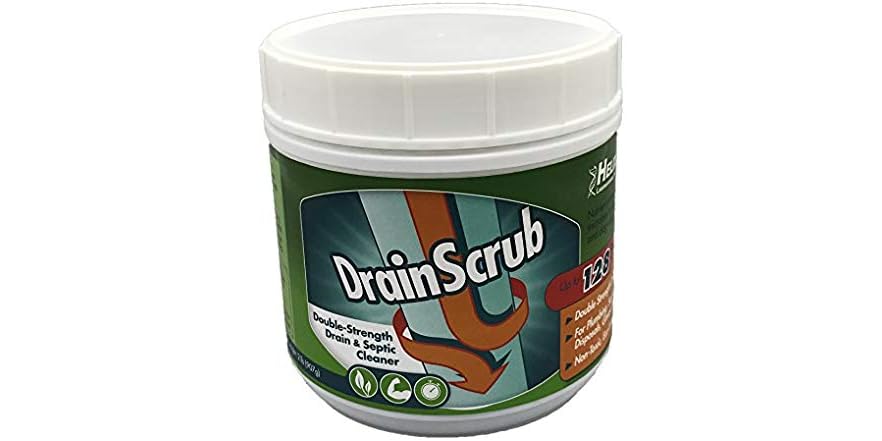









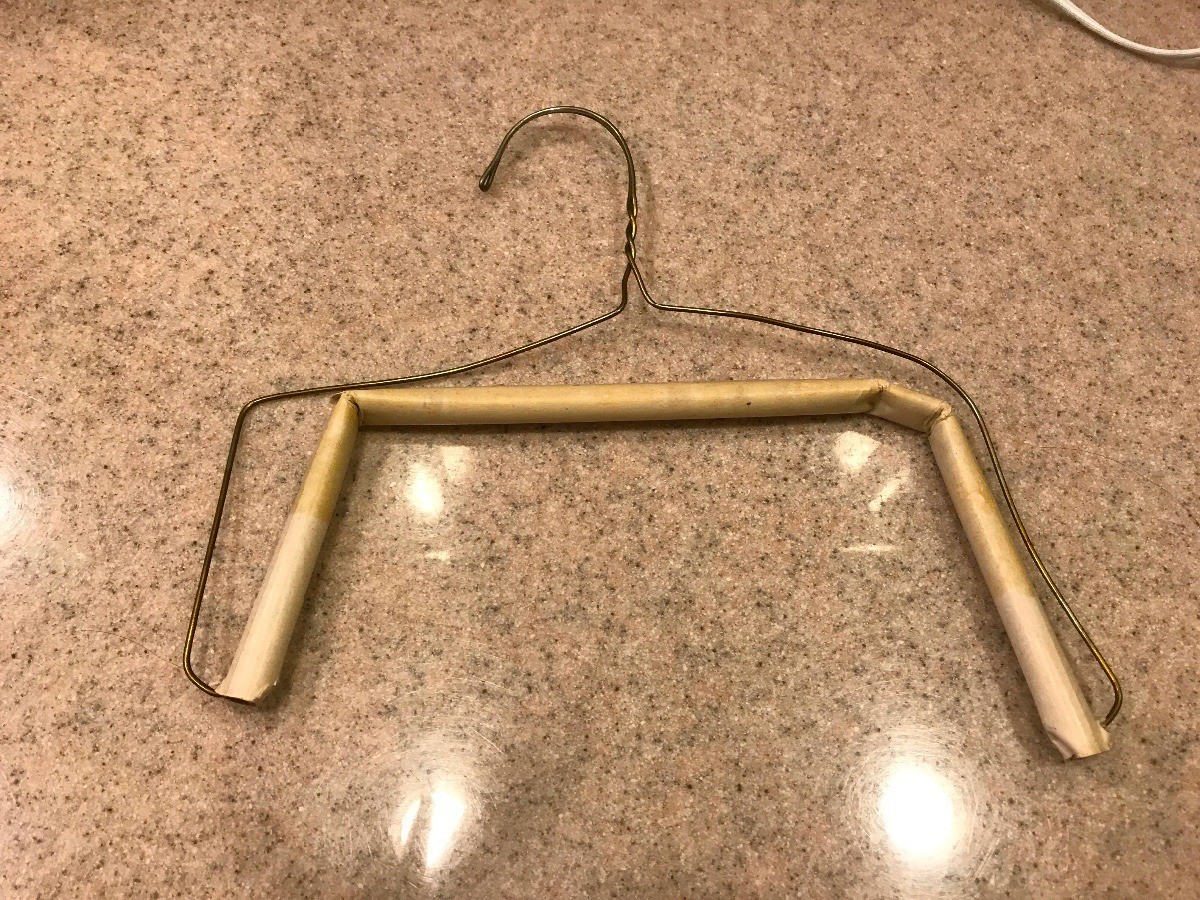






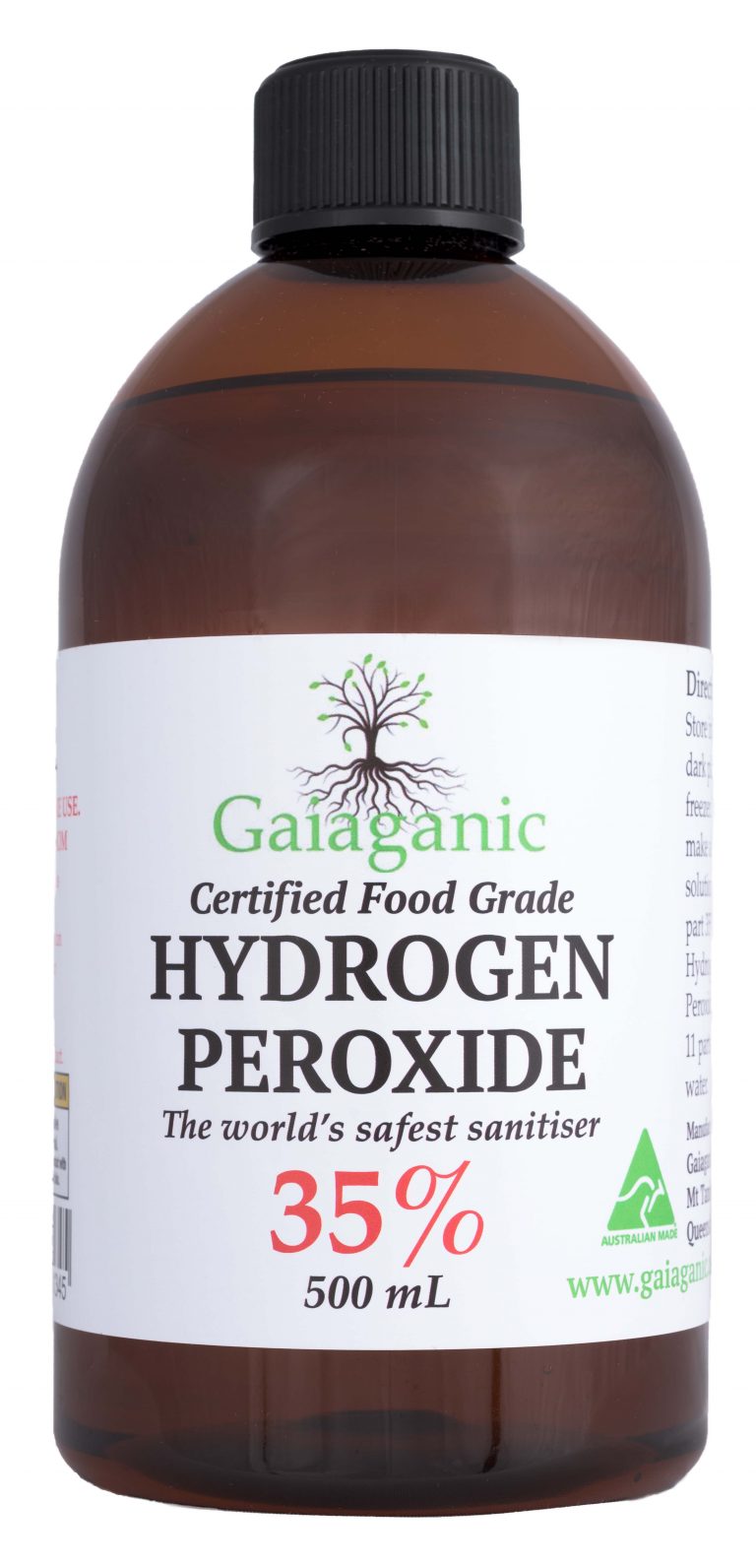


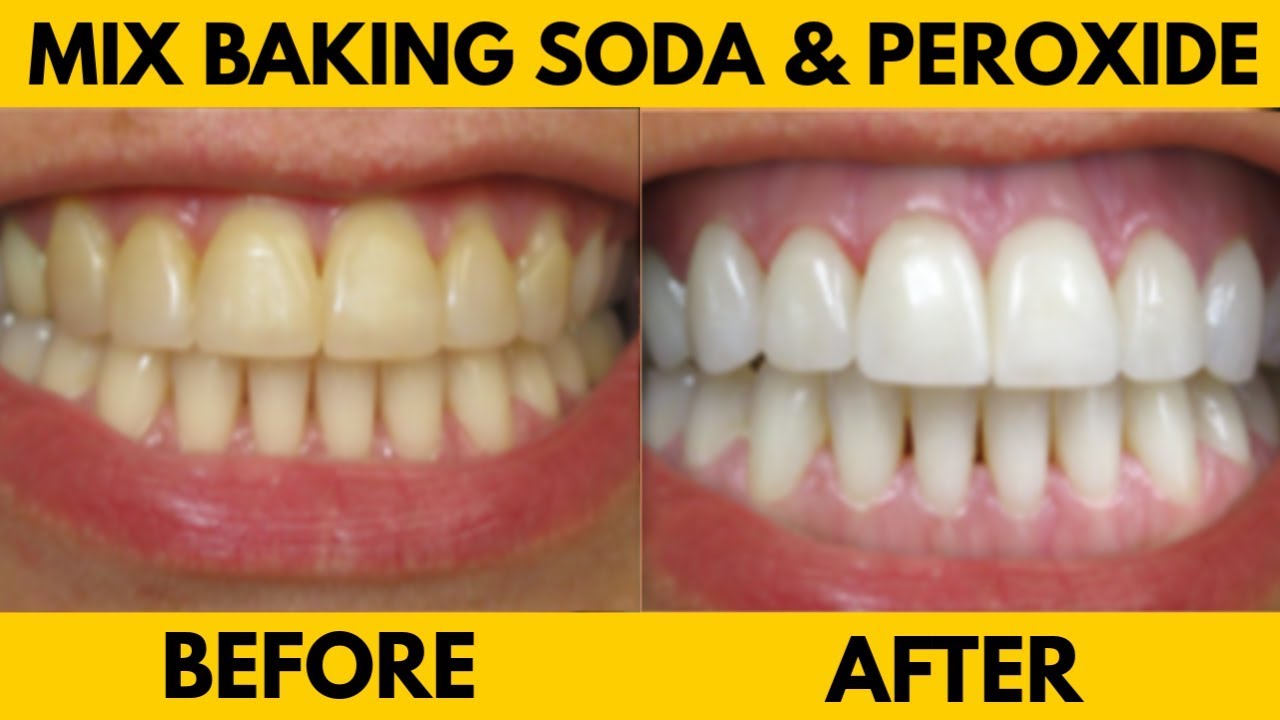



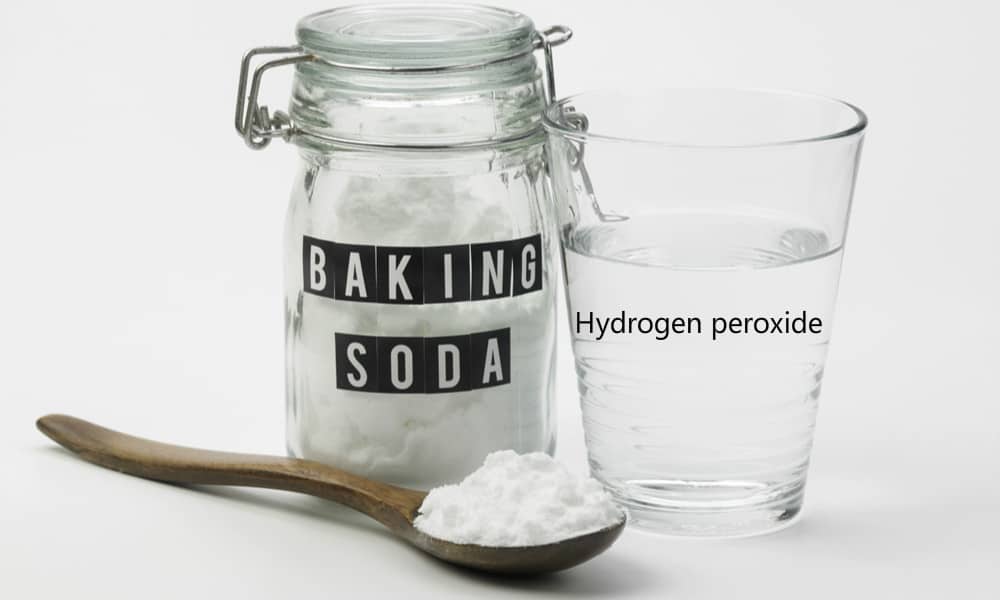

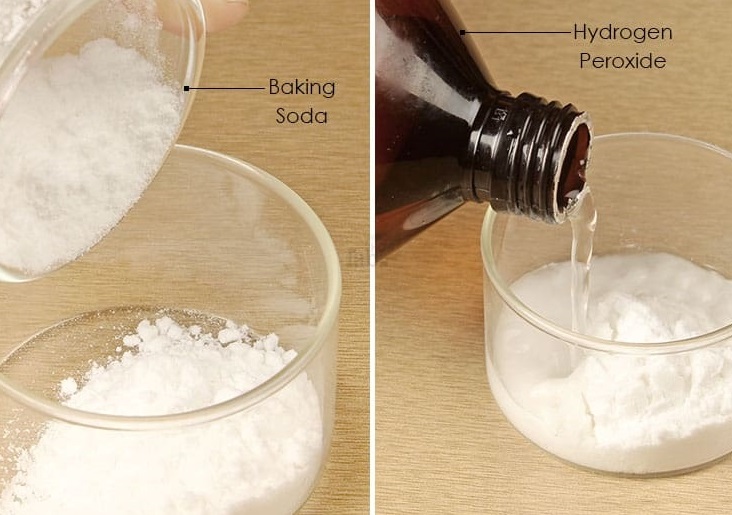
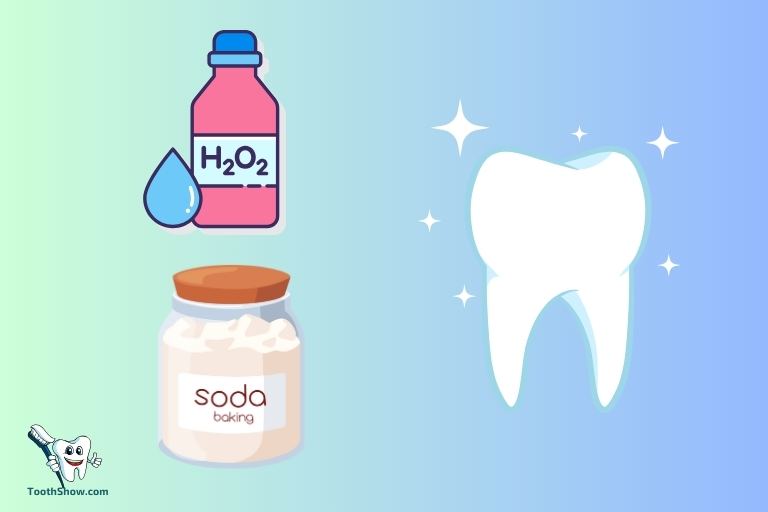
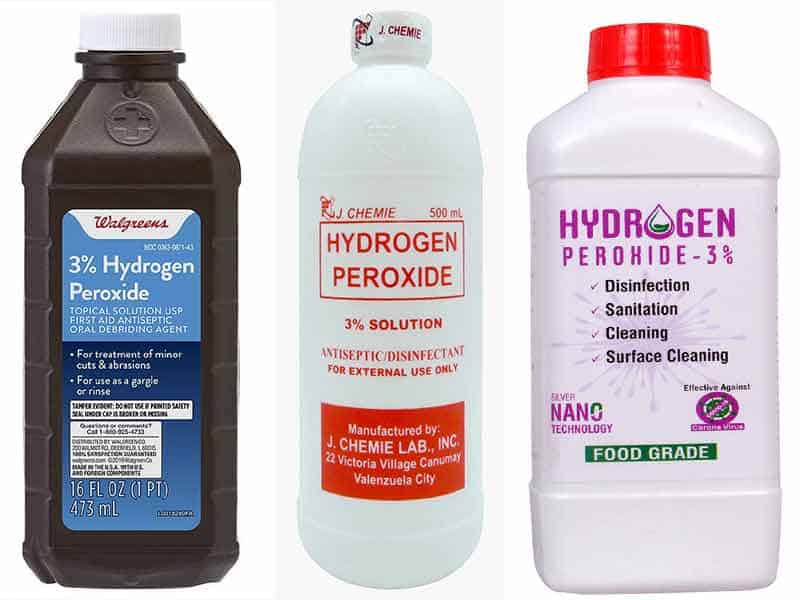


/beautiful-boho-bedroom-decorating-ideas-4119470-hero-220ca2435fba43cbb3523e2c88132631.jpg)

